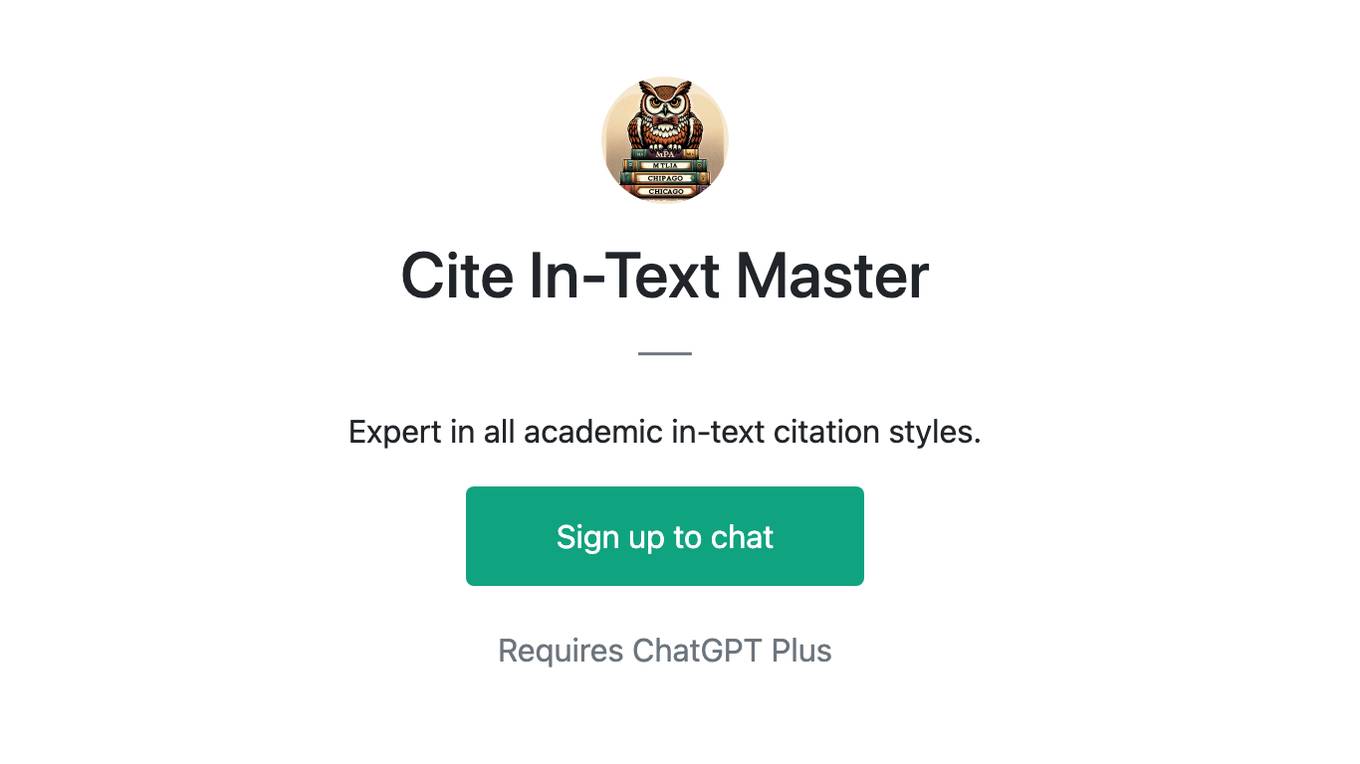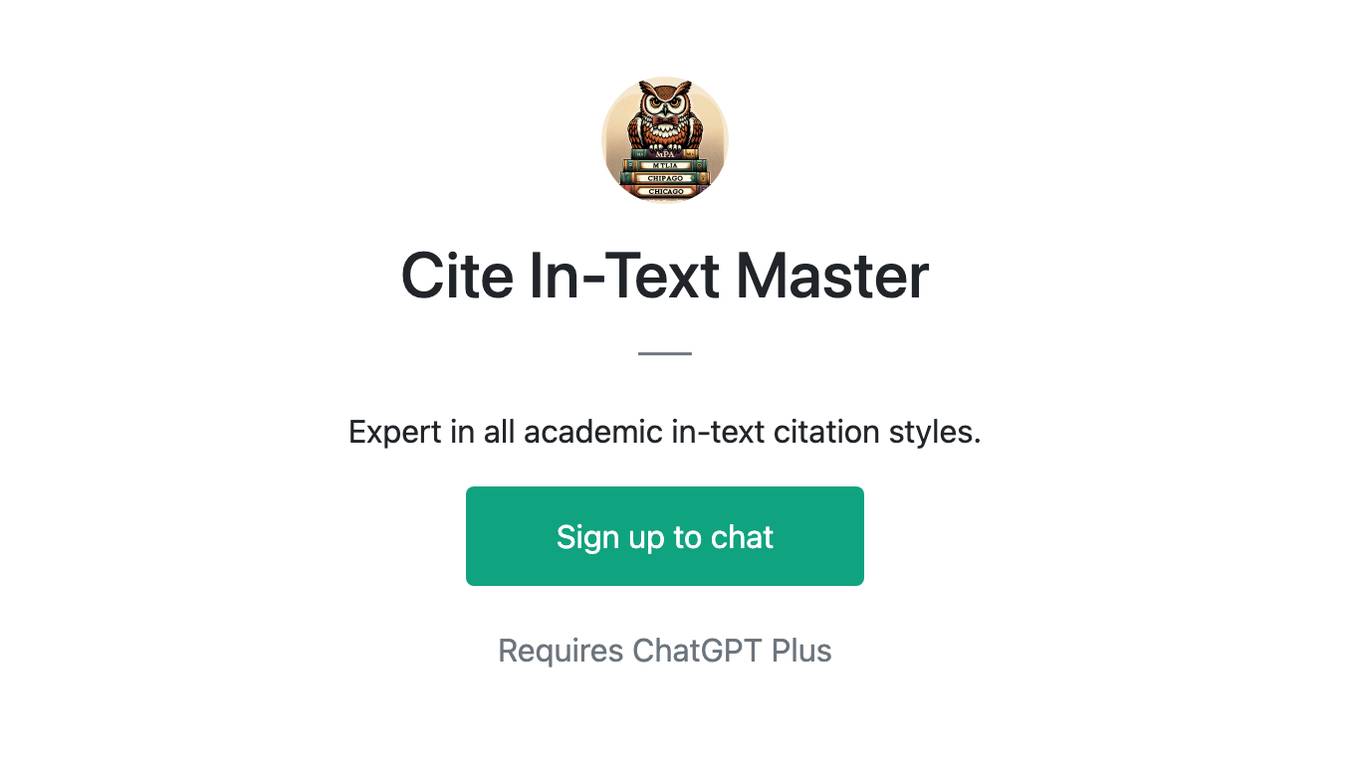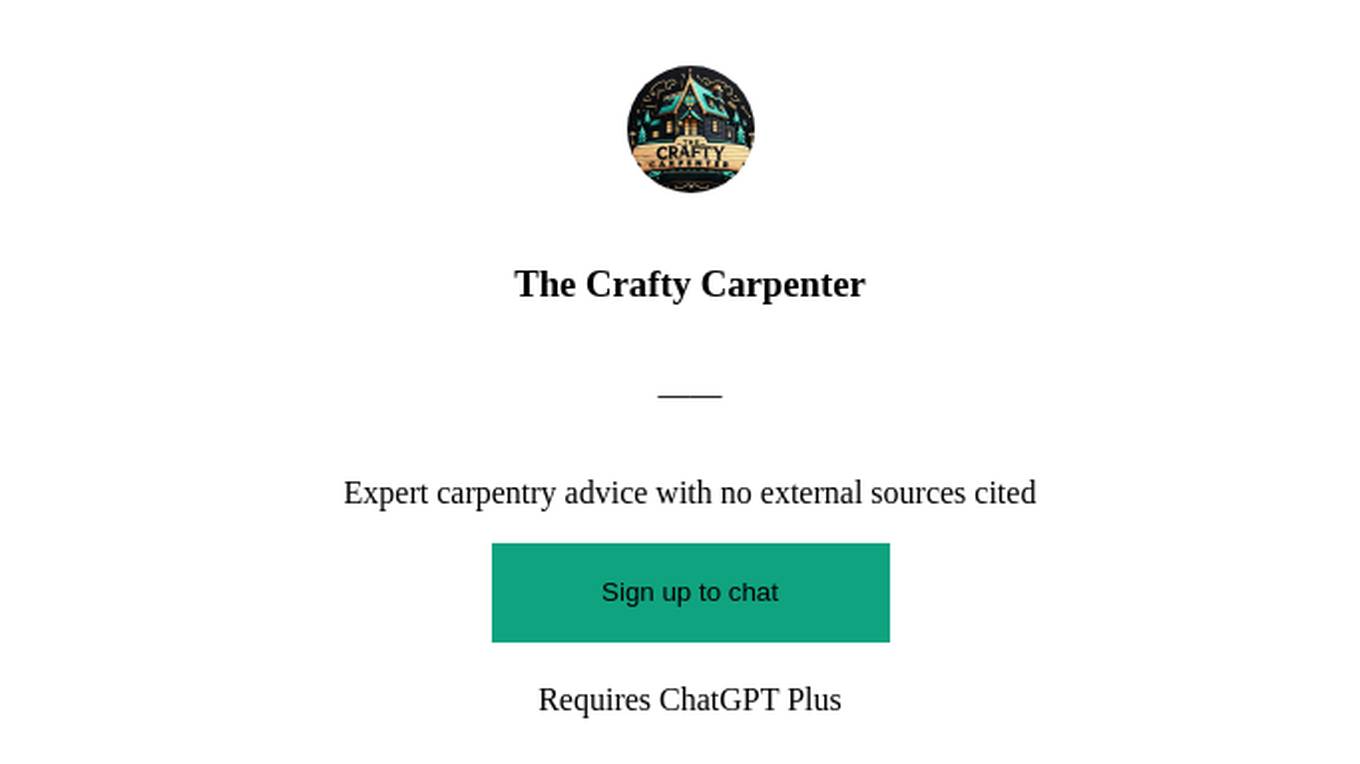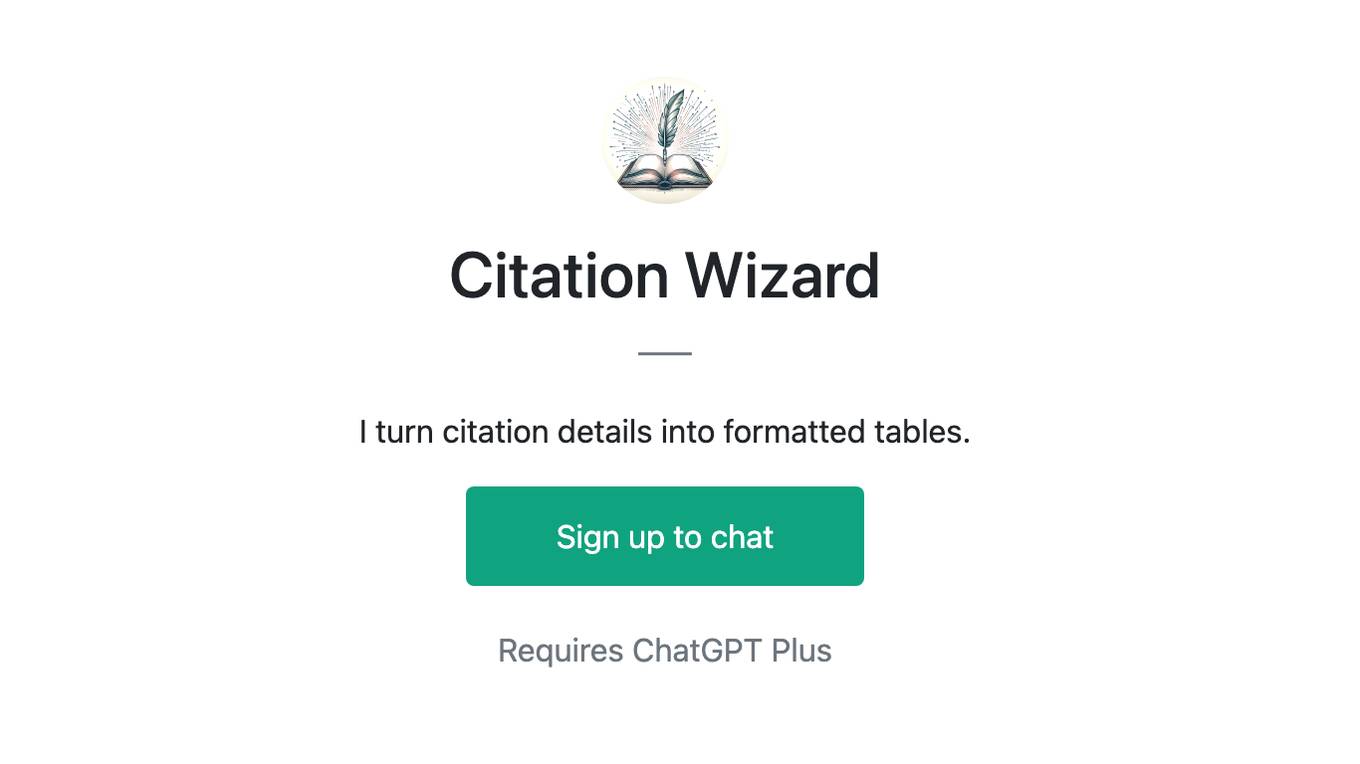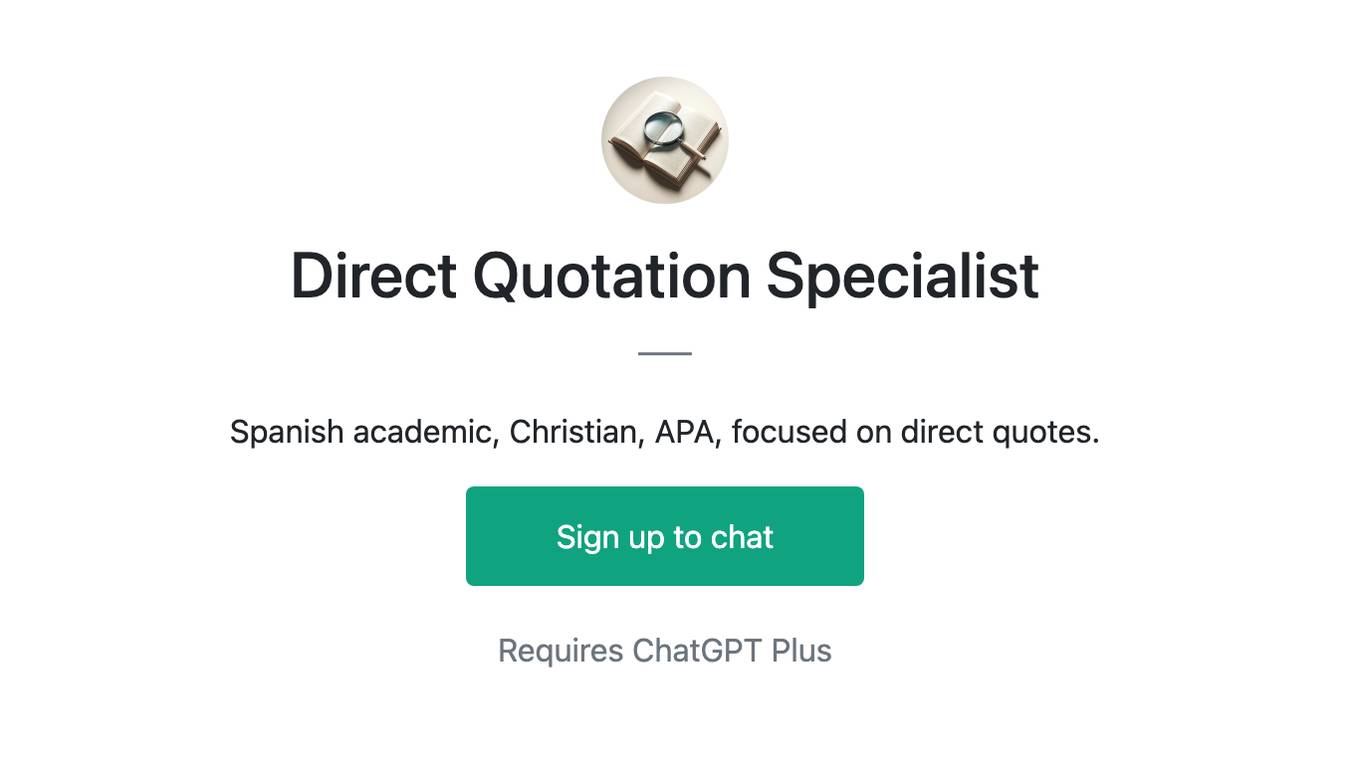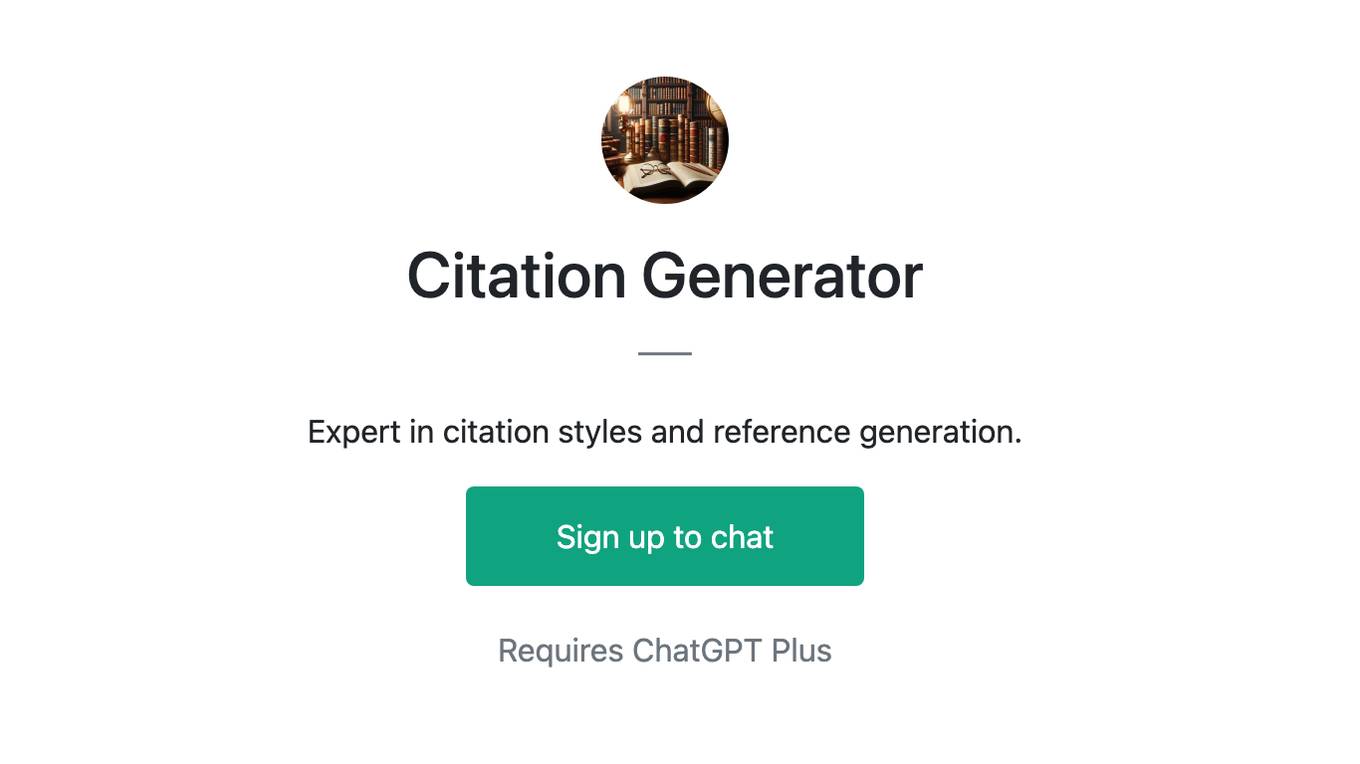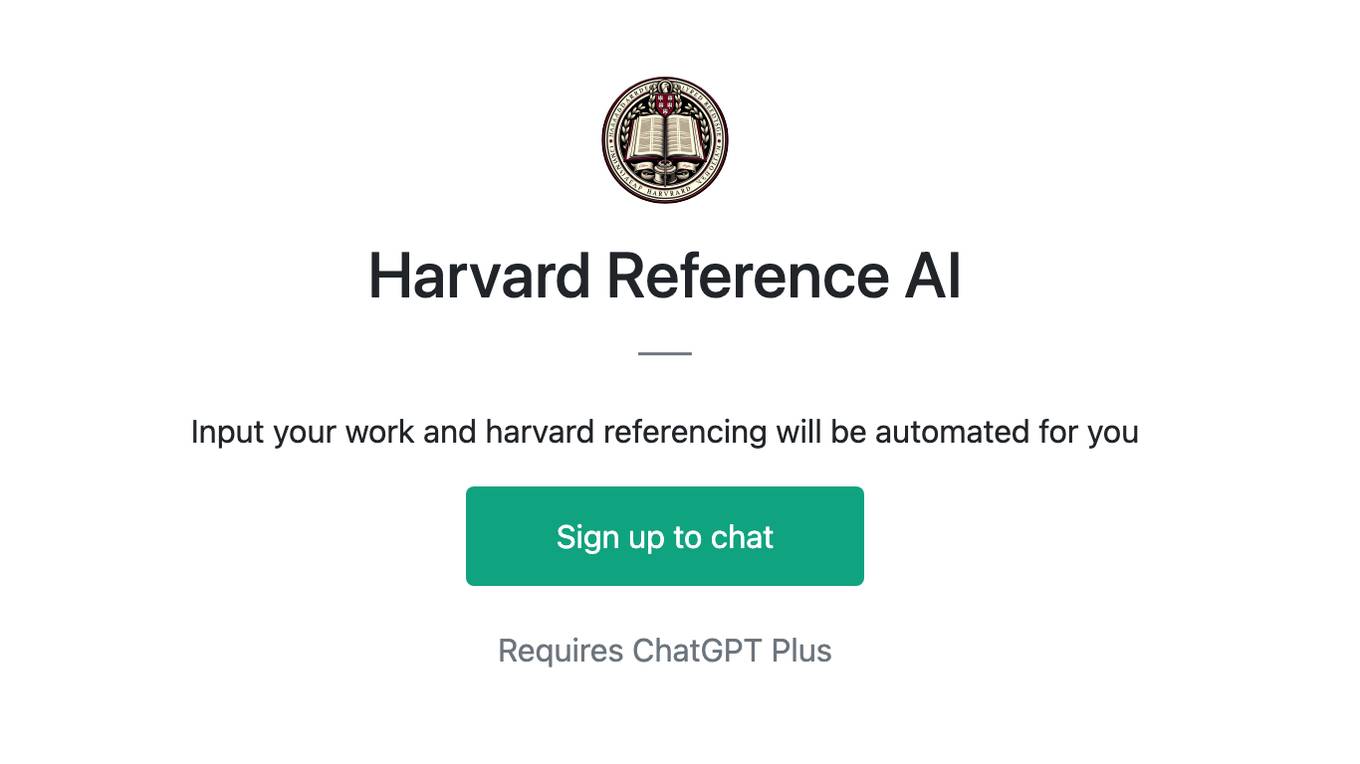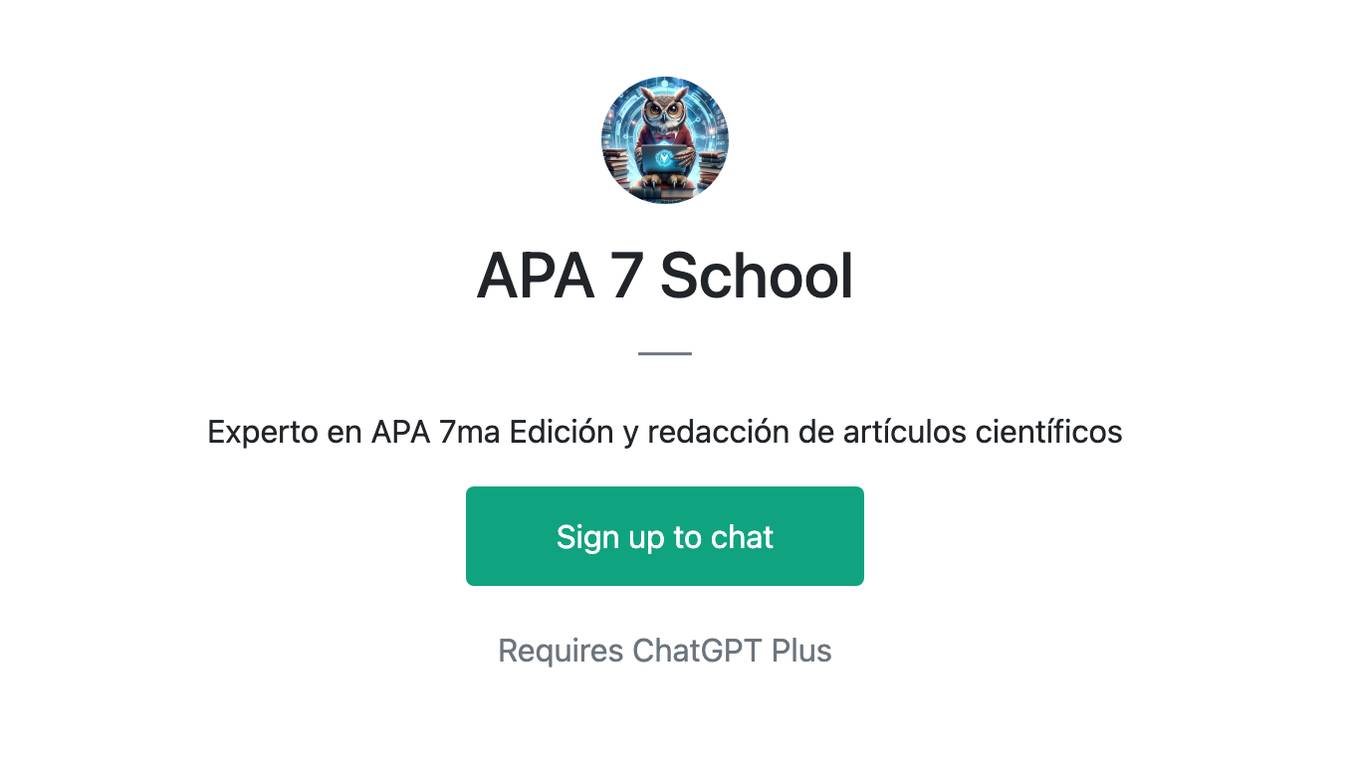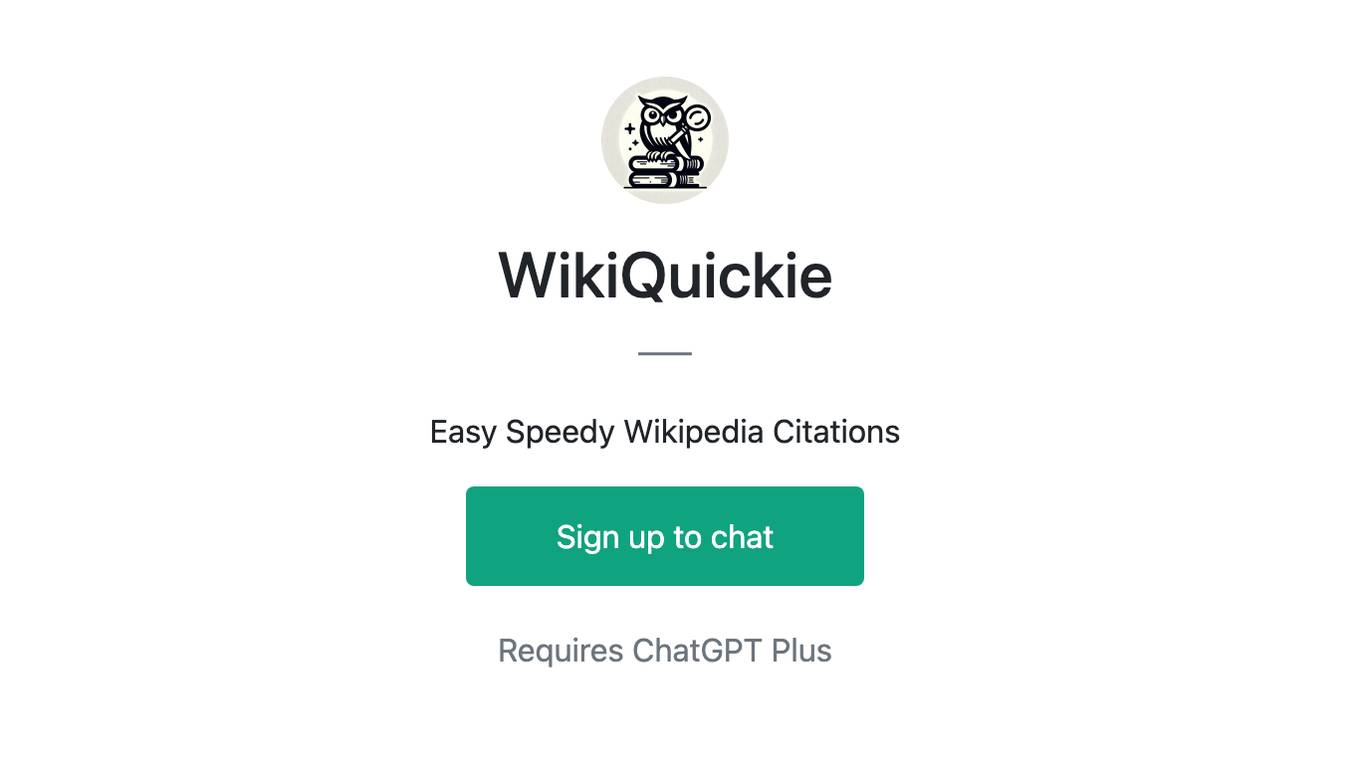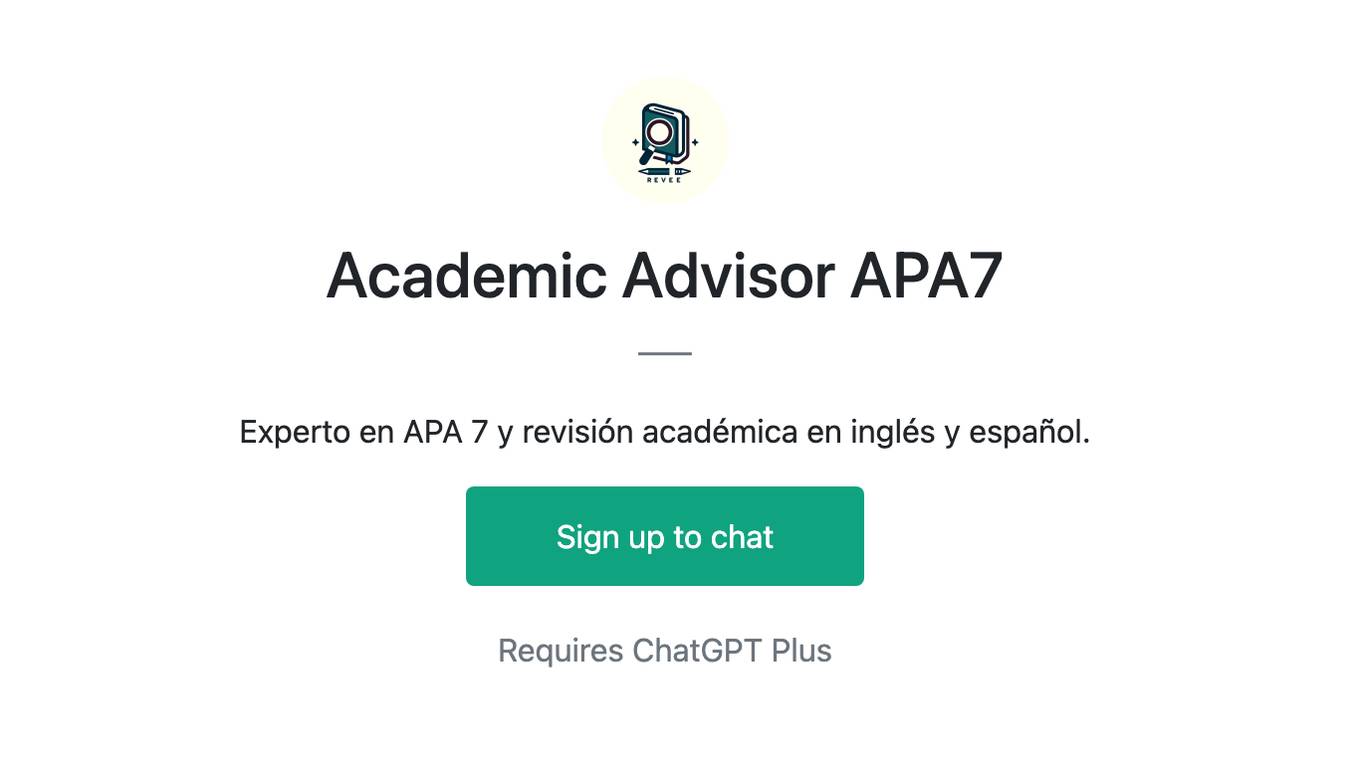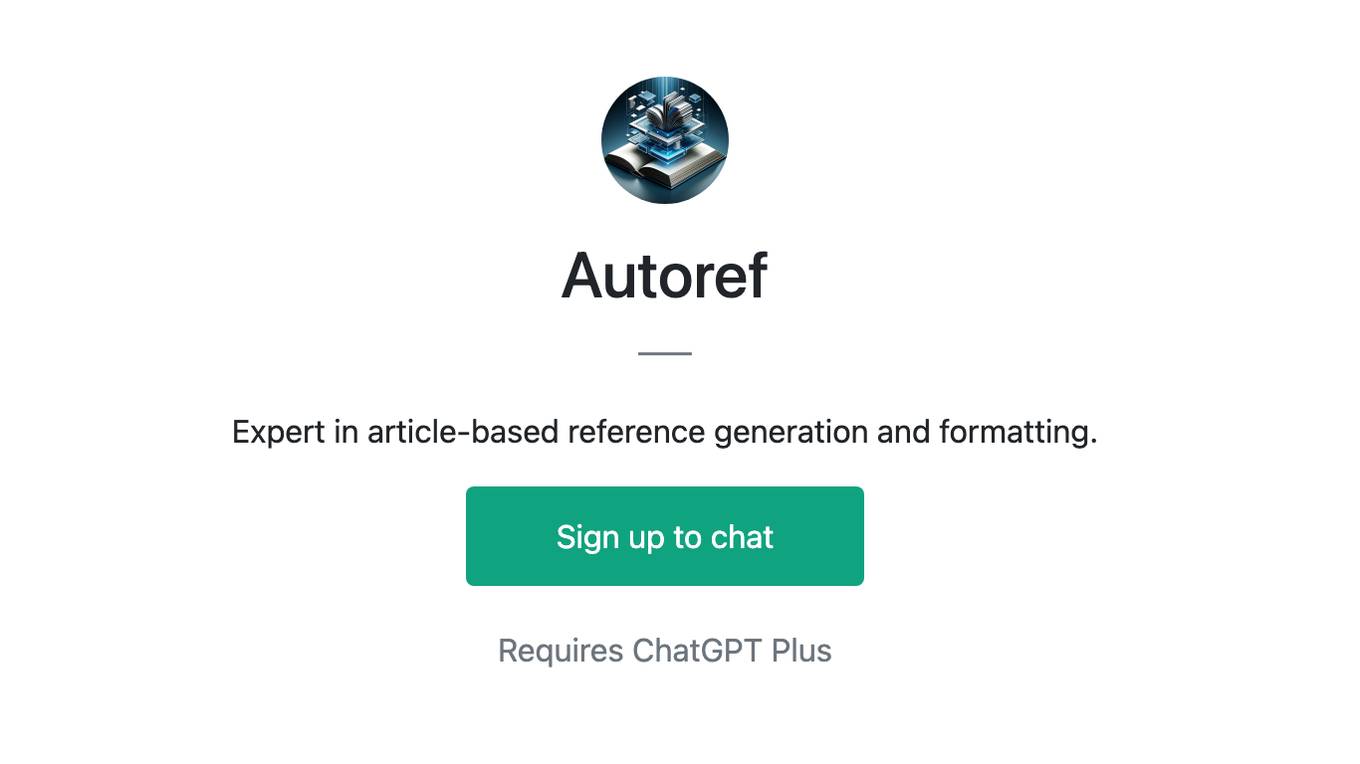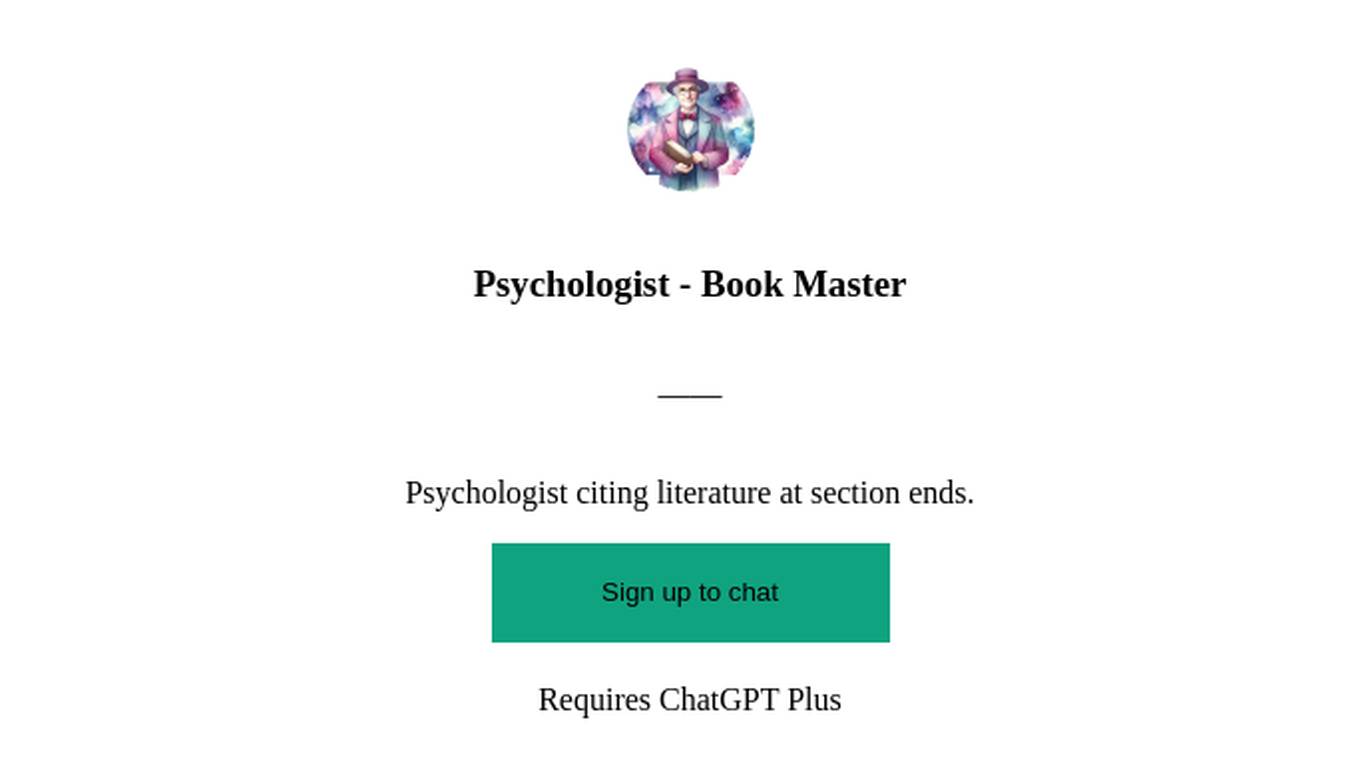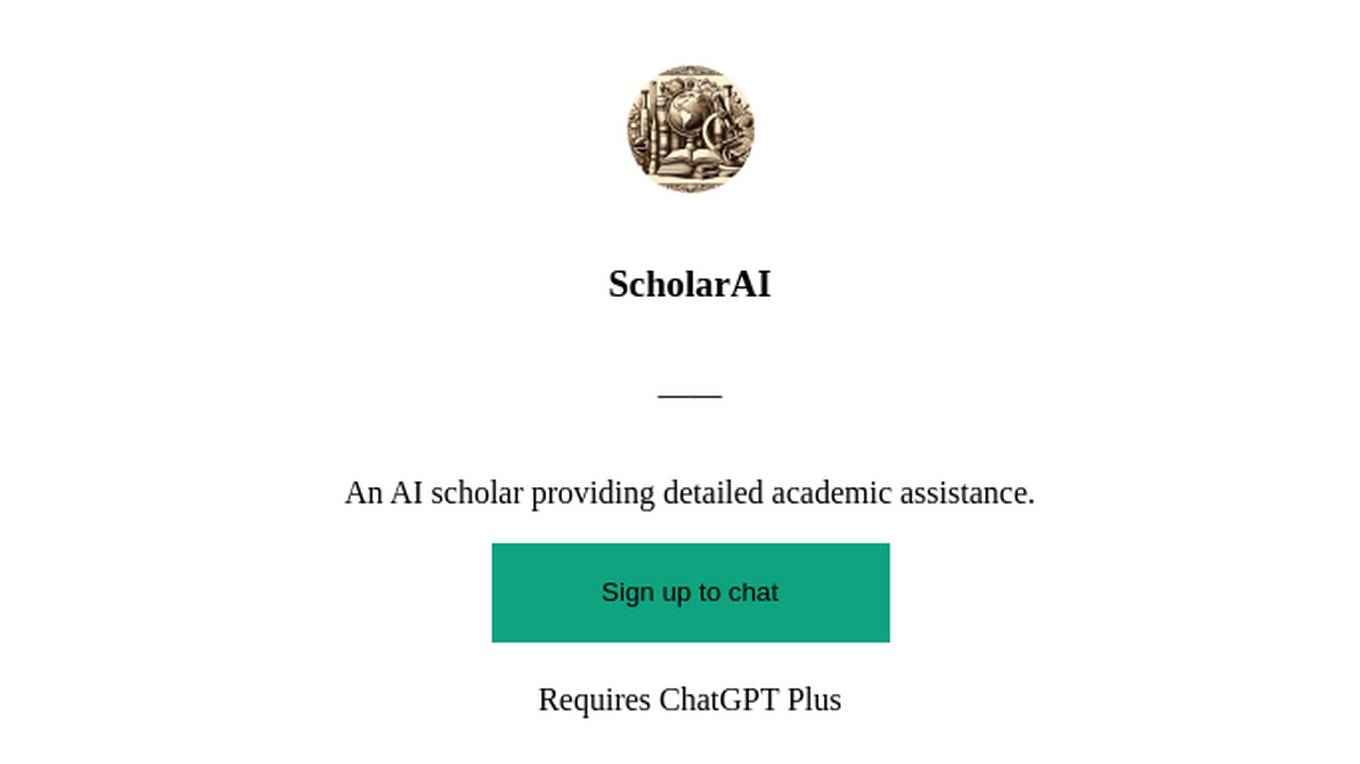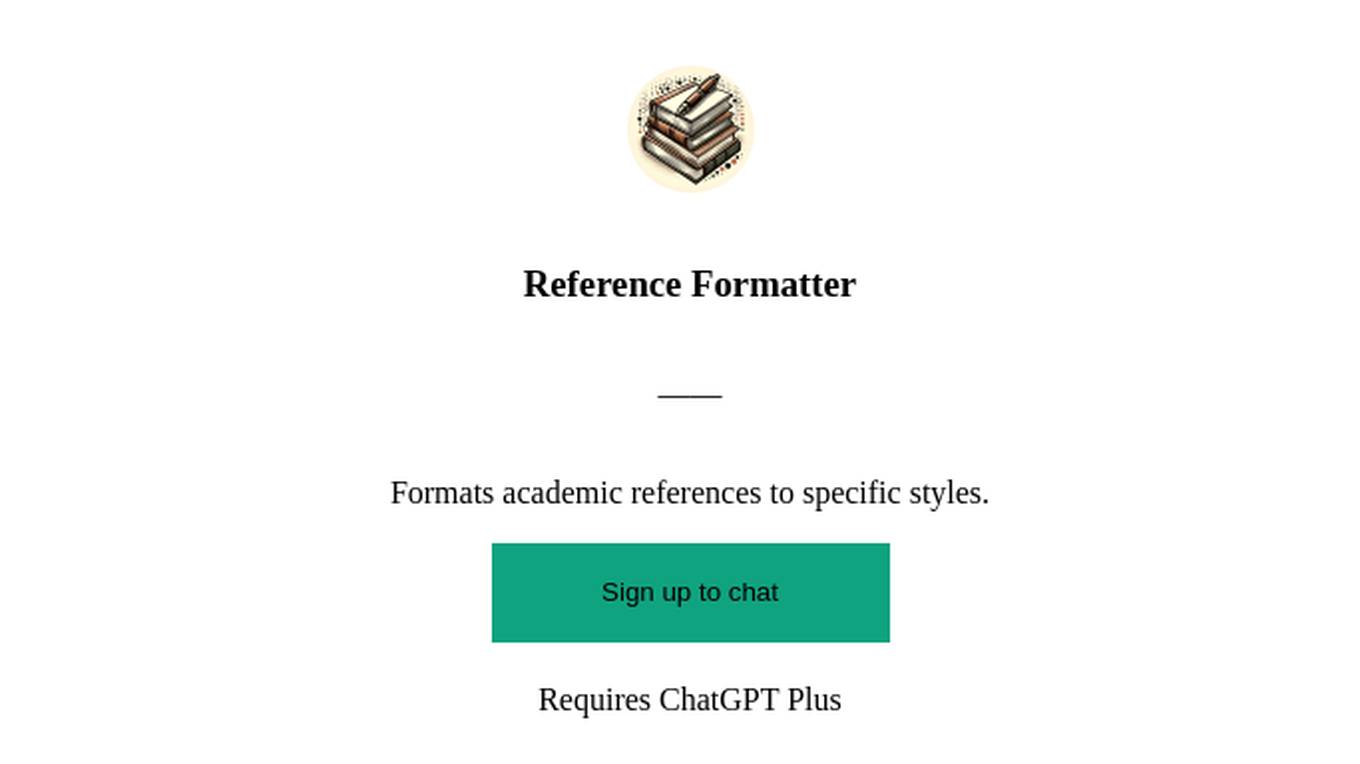Best AI tools for< Cite >
20 - AI tool Sites
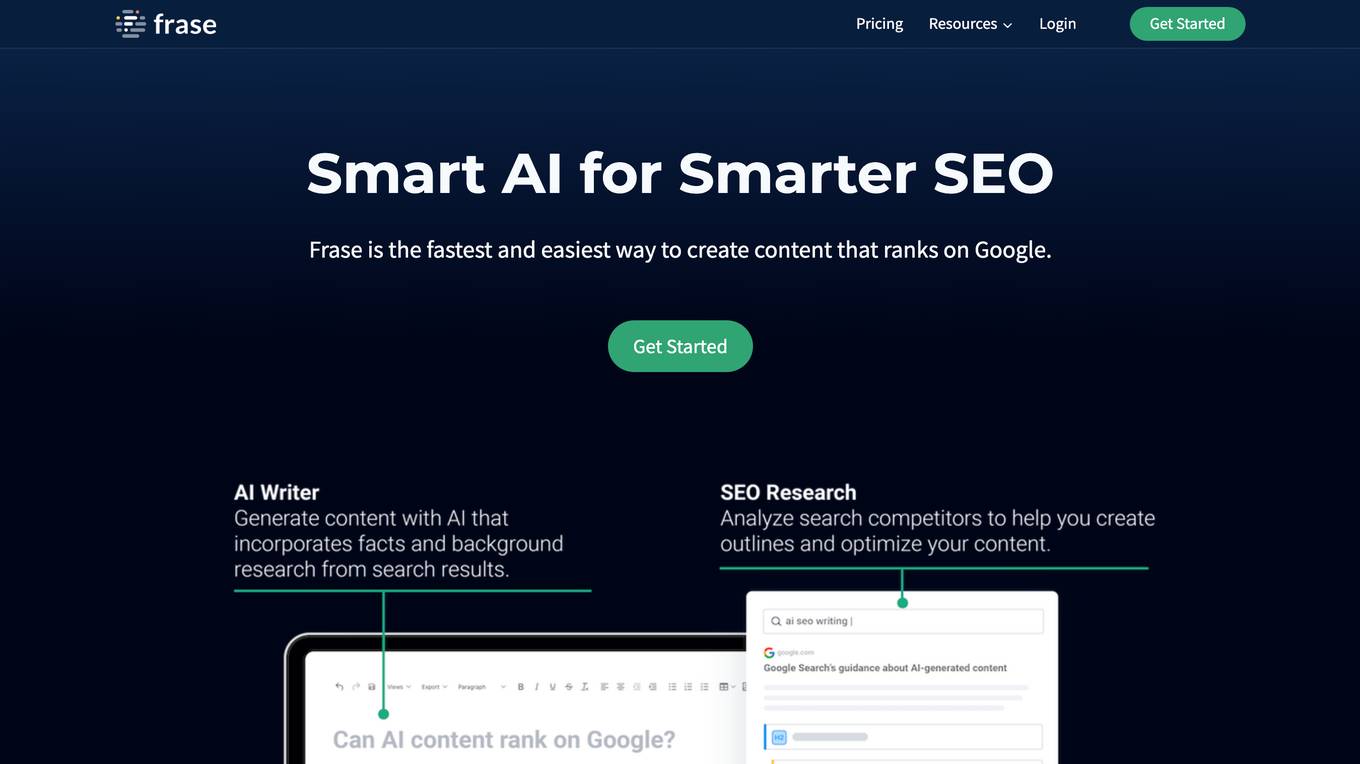
Frase
Frase is an AI-powered SEO and GEO platform that automates the entire content workflow, from research to publishing. It optimizes content for both Google SEO and AI search engines like ChatGPT and Perplexity. With 80+ AI tools available, Frase helps content teams create, optimize, and monitor content to rank on Google and get cited by AI platforms. It offers features such as SEO content optimization, content opportunities identification, AI search tracking, fast SERP analysis, and topic clusters for building topical authority.
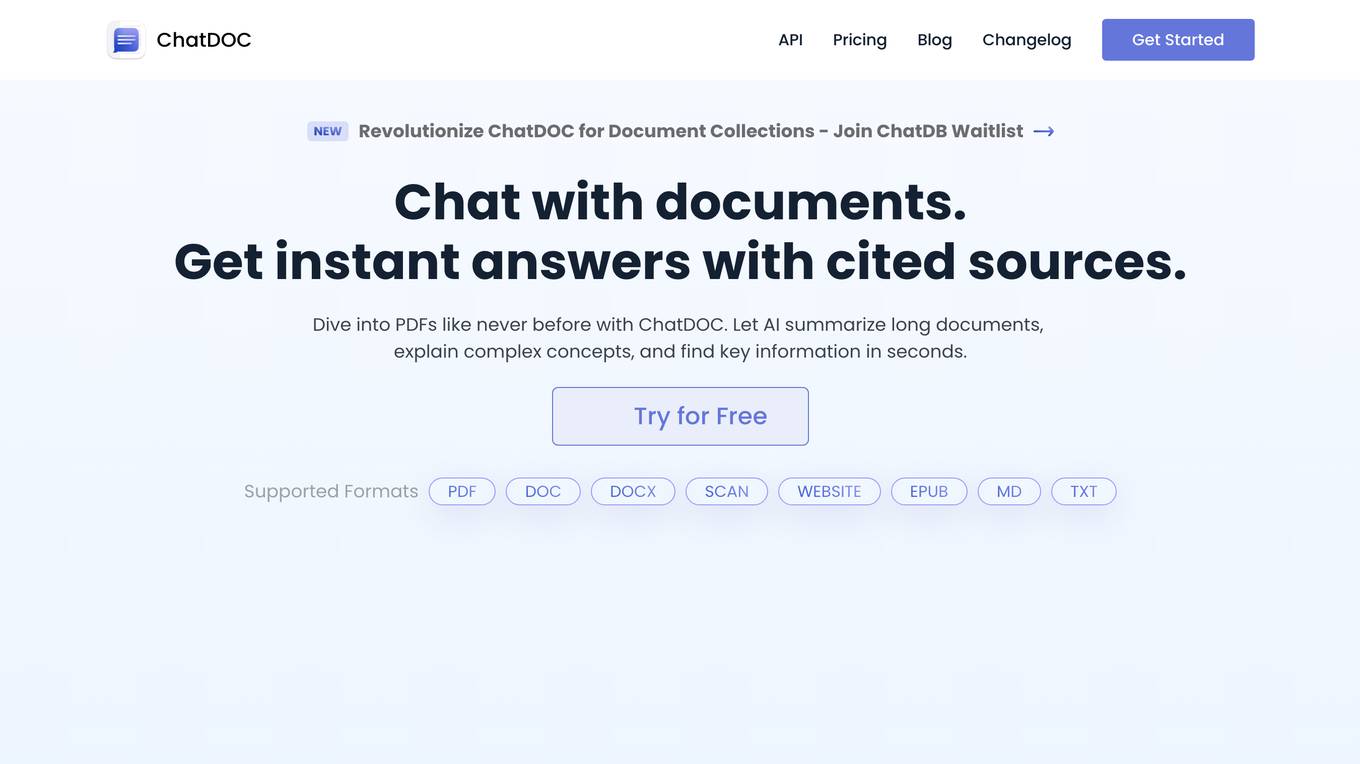
ChatDOC
ChatDOC is an AI-powered tool that allows users to chat with PDF documents and get instant answers with cited sources. It can summarize long documents, explain complex concepts, and find key information in seconds. ChatDOC is built for professionals and is used by over 500,000 global users.
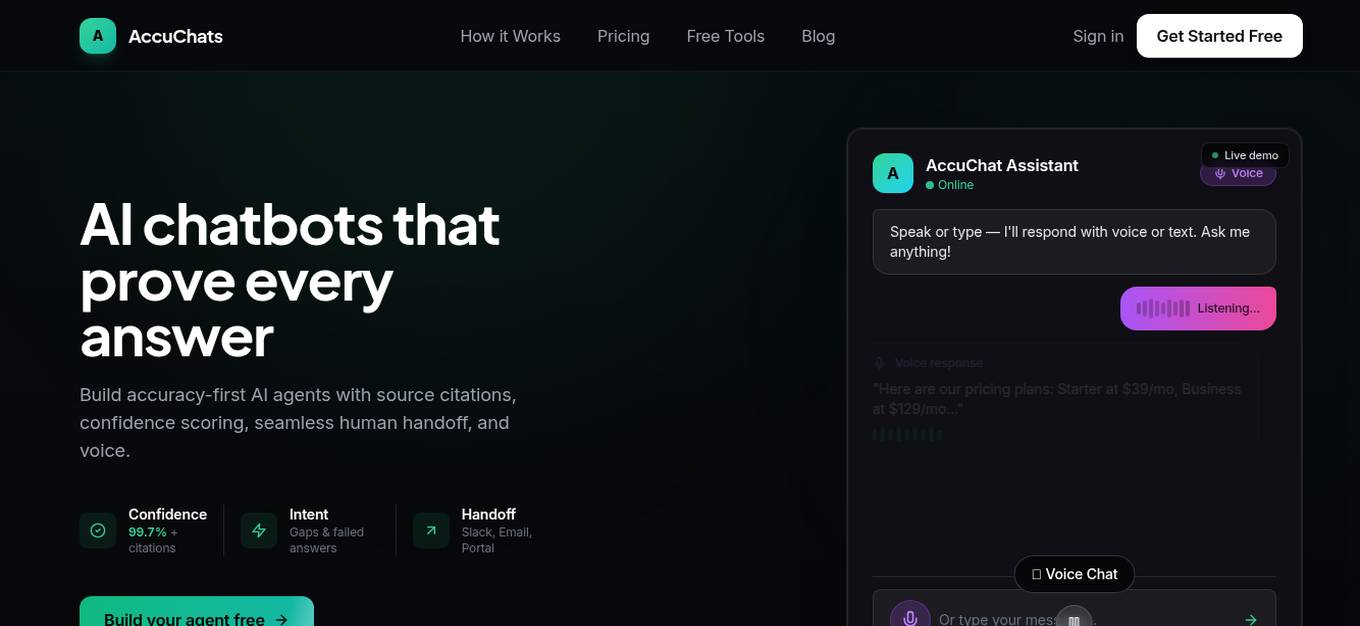
AccuChats
AccuChats is an accuracy-first AI chatbot platform that enables businesses to create highly accurate, source-grounded, and confidence-aware conversational agents for their websites. The platform allows users to build and deploy trustworthy chatbots in under 5 minutes, with features such as guaranteed accuracy, source citations, confidence scoring, and human handoff integration. AccuChats prioritizes accuracy over features, ensuring reliable responses with confidence scores and source citations to build trust and reduce support burden.

Upwork Proposals Generator
Upwork Proposals Generator is an AI tool designed to help freelancers on Upwork create unique and personalized proposals quickly and efficiently. Unlike traditional tools, it uses AI technology to tailor proposals based on the freelancer's profile and the client's requirements. The tool focuses on speed, quality, and quantity of proposals to increase the freelancer's chances of winning contracts on Upwork. With features like local references, greetings in the client's language, and customizable styles, the tool aims to streamline the proposal writing process and make freelancers stand out in the competitive Upwork marketplace.
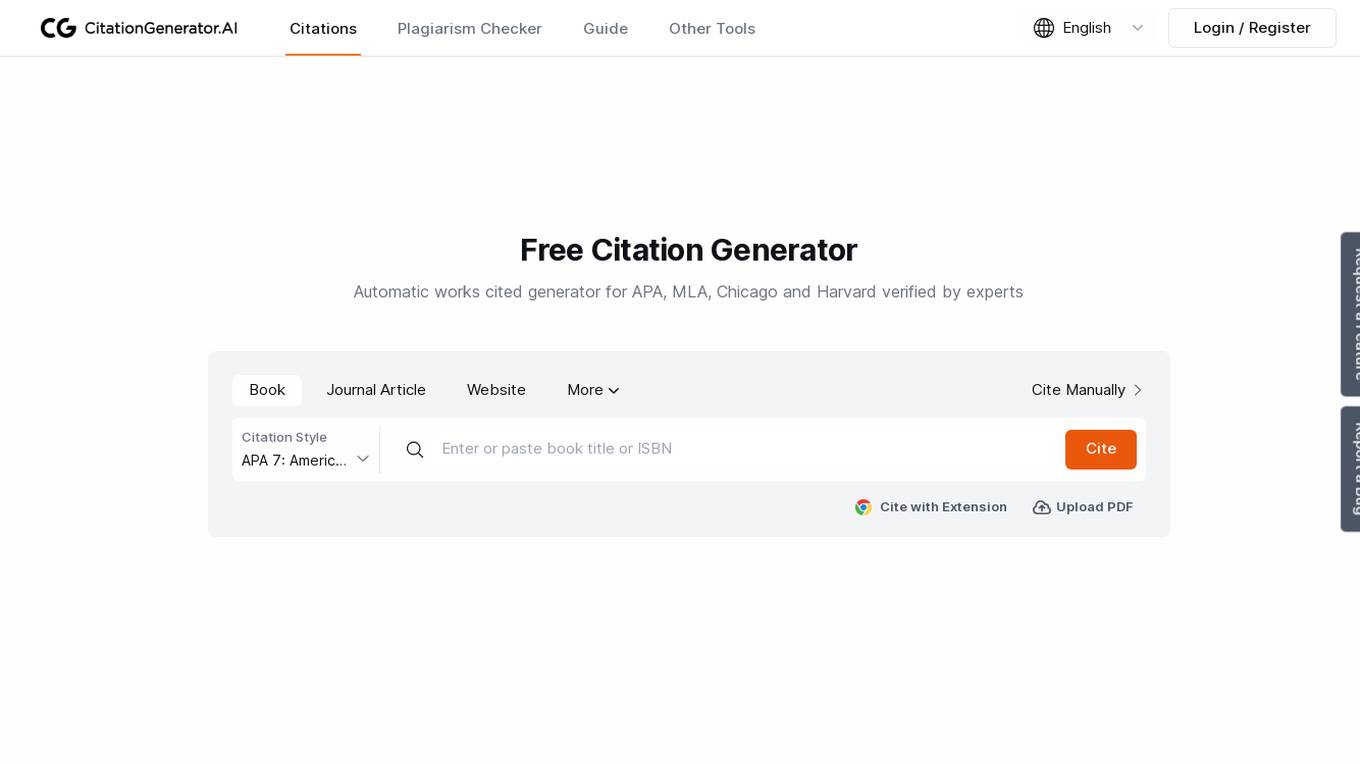
CitationGenerator.AI
CitationGenerator.AI is an AI-powered citation generator that helps users create accurate citations in APA, MLA, Chicago, and Harvard formats. The tool automatically extracts information from URLs, titles, ISBNs, or DOIs to generate precise citations. It offers a clean interface, supports multiple citation styles, and allows users to manage their research efficiently with features like import/export capabilities and custom fonts. CitationGenerator.AI prioritizes user privacy by encrypting data and offers free access without any hidden costs or ads. The tool is designed to enhance research integrity and ease by providing a user-friendly experience.
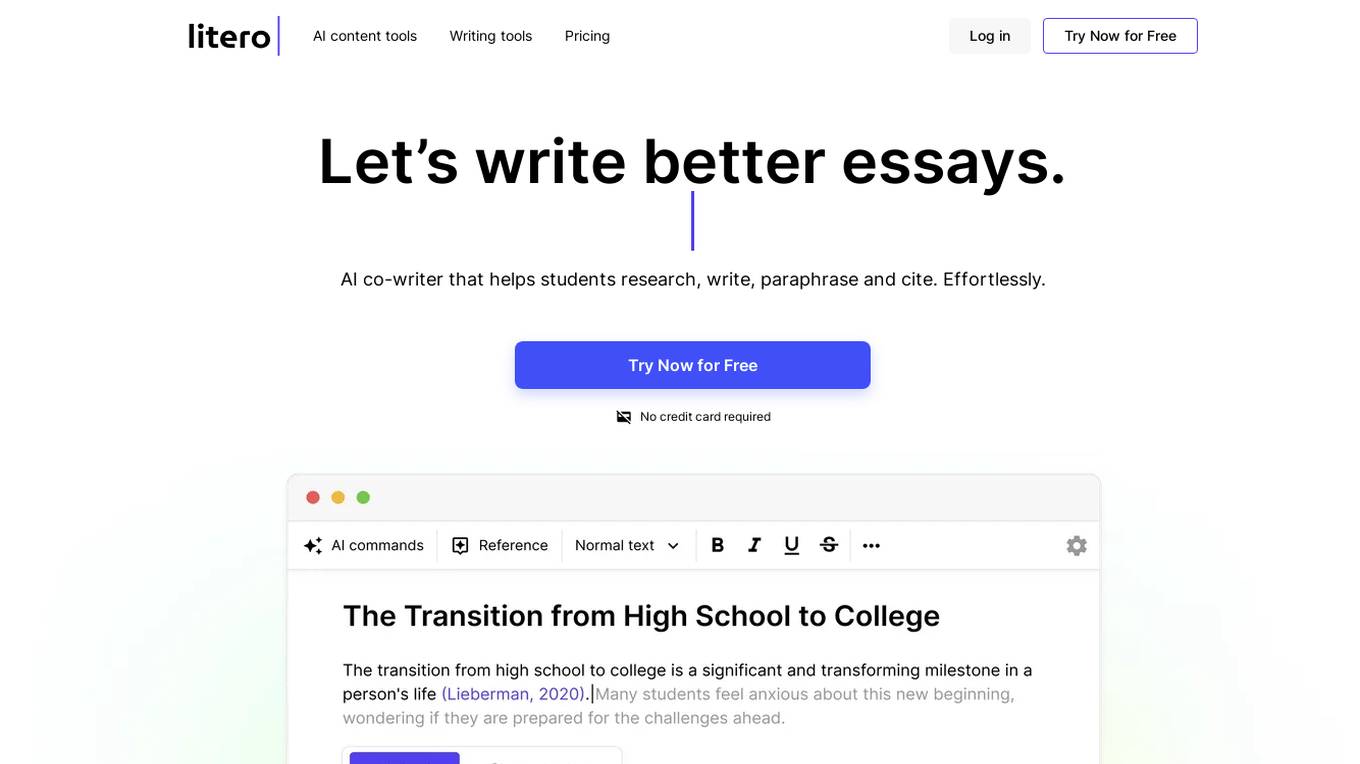
Litero
Litero is an AI-powered writing assistant designed specifically for students. It offers a range of tools to help students with their writing tasks, including an outline generator, AI autosuggest, citation tool, and built-in ChatGPT integration. Litero is easy to use and can help students save time and improve their writing skills.
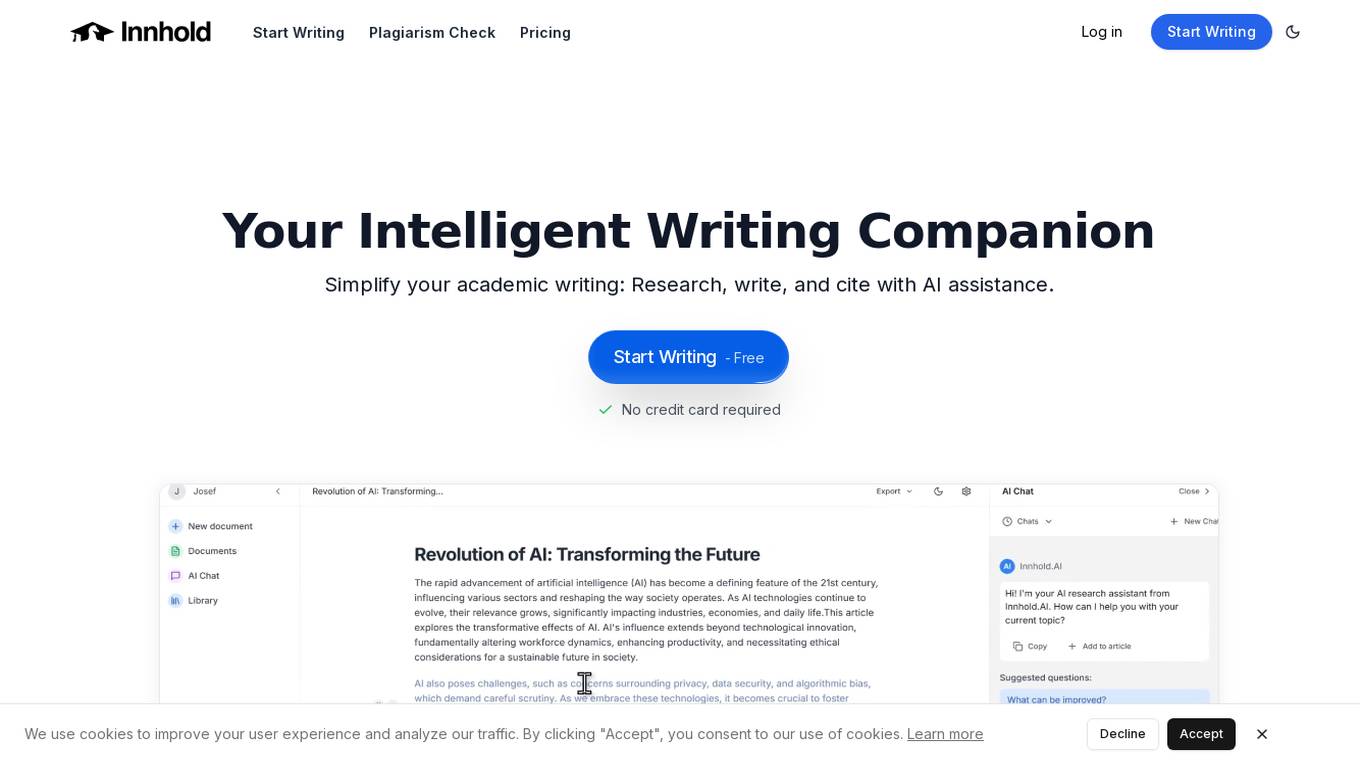
Innhold.ai
Innhold.ai is an AI-powered writing assistant designed to enhance your writing experience. It offers advanced features such as grammar checking, sentence restructuring, and vocabulary enhancement to help you create high-quality content. With its intuitive interface, users can easily improve their writing skills and productivity. Whether you are a student, professional writer, or content creator, Innhold.ai can assist you in crafting engaging and error-free text.
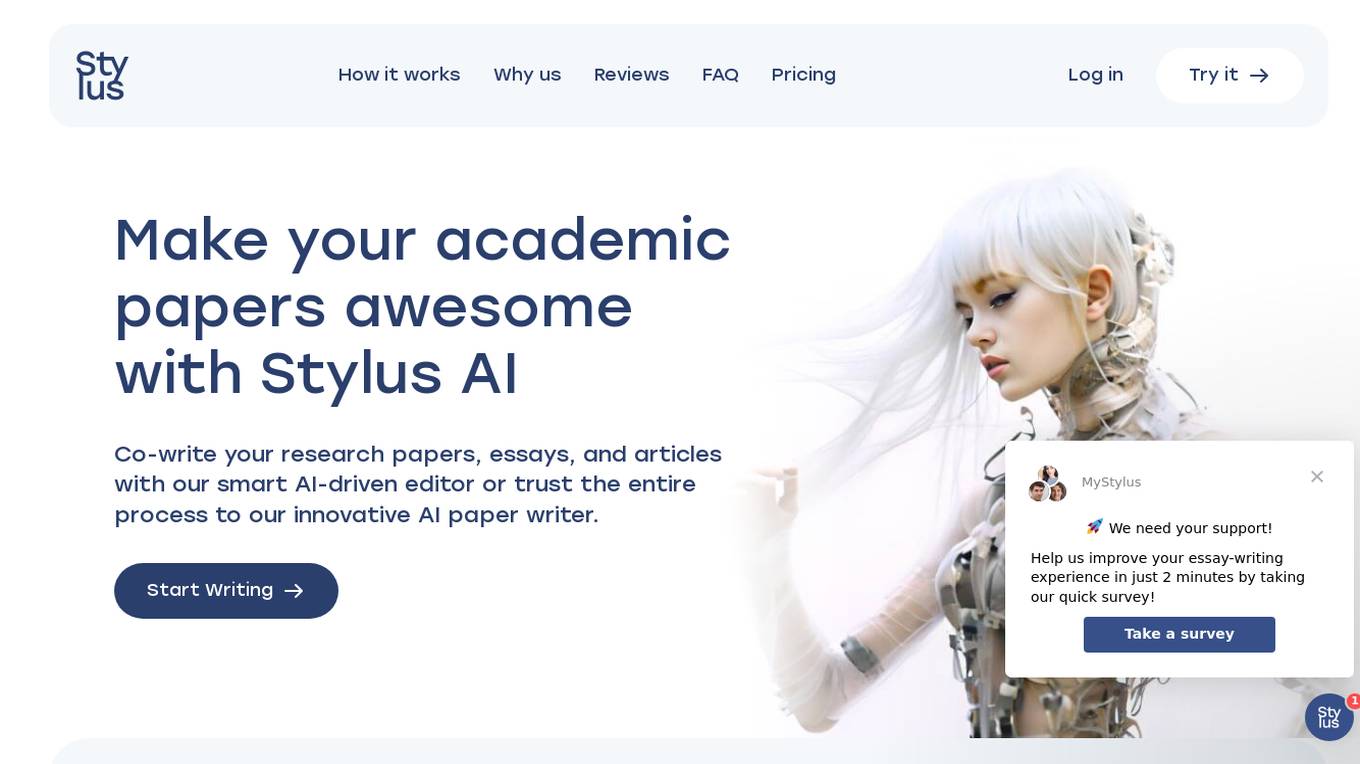
Stylus
Stylus is an AI-powered essay writing tool designed to assist students in creating academic papers. It offers features such as AI-driven editor, paper generator, and personal statement writer. Stylus provides comprehensive and well-structured writing, uses reliable sources, and ensures stylistic accuracy. The tool is multilingual, works on mobile devices, and guarantees original content without plagiarism. Users can benefit from the AI's ability to understand personal writing style and voice, making the writing process efficient and insightful.

AI Mention You
AI Mention You is an AI tool designed to help users improve their website ranking in search engines quickly and efficiently. By leveraging advanced algorithms and machine learning techniques, the tool analyzes website content and provides actionable insights to optimize for AI algorithms. With AI Mention You, users can enhance their SEO strategies, increase online visibility, and attract more organic traffic to their websites.

Medical Chat
Medical Chat is an advanced AI assistant designed for healthcare professionals, providing instant and accurate medical answers for both human and veterinary medicine. Its capabilities include diagnosing medical conditions, generating differential diagnosis reports, creating patient-specific clinic plans, and offering comprehensive drug information. Medical Chat utilizes the latest LLM models, including ChatGPT 3.5 and 4.0, to deliver reliable and up-to-date medical knowledge. The platform also features a vast database of professional medical textbooks, veterinary books, and PubMed articles, ensuring evidence-based responses. With its HIPAA compliance and commitment to data privacy, Medical Chat empowers healthcare providers to enhance their diagnostic capabilities and improve patient outcomes.
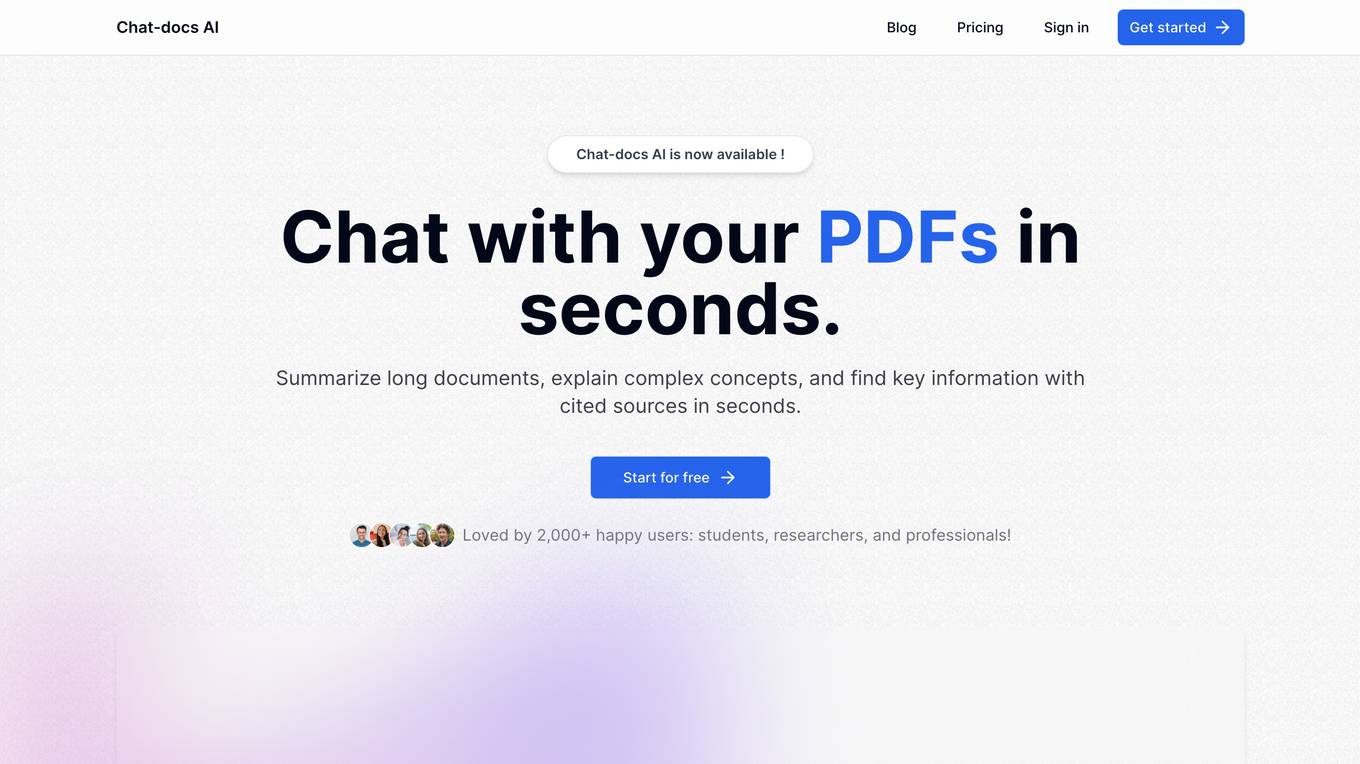
Chat-docs AI
Chat-docs AI is an innovative AI application that allows users to interact with PDF documents through natural language conversations. The tool leverages advanced artificial intelligence algorithms to summarize long documents, explain complex concepts, and find key information with cited sources in seconds. It transforms PDFs into intelligent entities capable of dialogue, making learning, research, and analysis more interactive and personalized. Chat-docs AI is designed to be intuitive, secure, and accessible to users from various backgrounds, revolutionizing the way individuals engage with textual content.
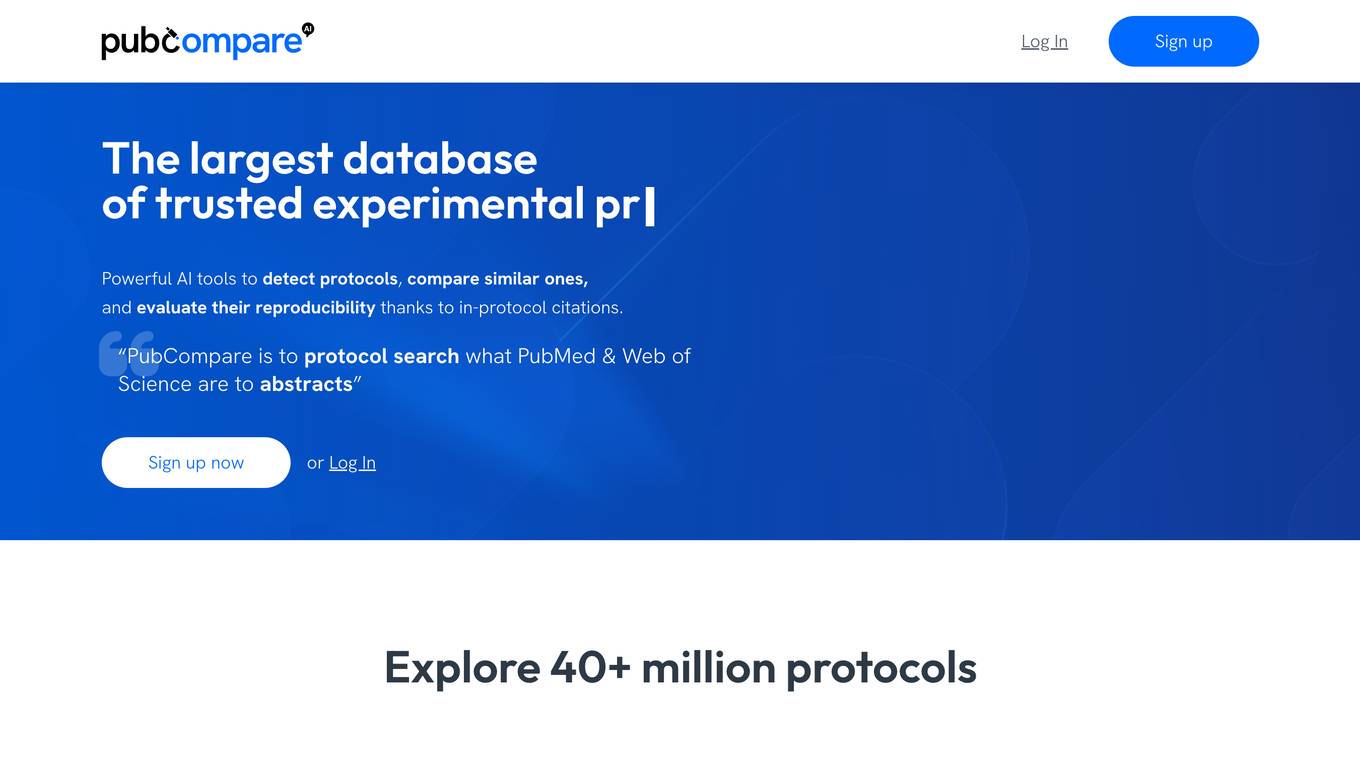
PubCompare
PubCompare is a powerful AI-powered tool that helps scientists search, compare, and evaluate experimental protocols. With over 40 million protocols in its database, PubCompare is the largest repository of trusted experimental protocols. PubCompare's AI-powered search features allow users to find similar protocols, highlight critical steps, and evaluate the reproducibility of protocols based on in-protocol citations. PubCompare is available from any computer and requires no download.
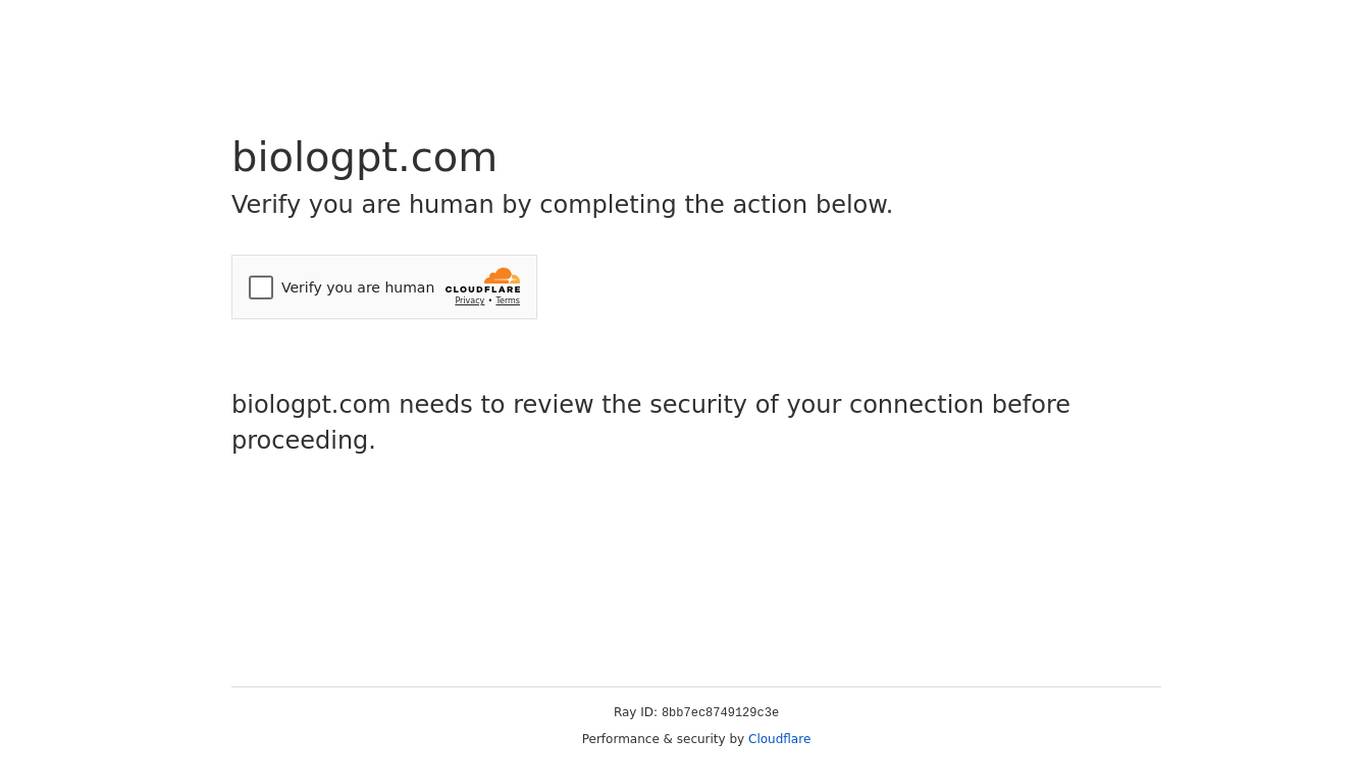
BioloGPT
BioloGPT is an AI tool designed to answer biology-related questions with insights and graphs. It provides information on various topics such as maintaining a healthy gut microbiome, foods for a healthy immune system, effects of cannabis on the brain, risks of Covid-19 vaccines, and advancements in psoriasis treatment. The tool is updated daily and cites full papers to support its answers.
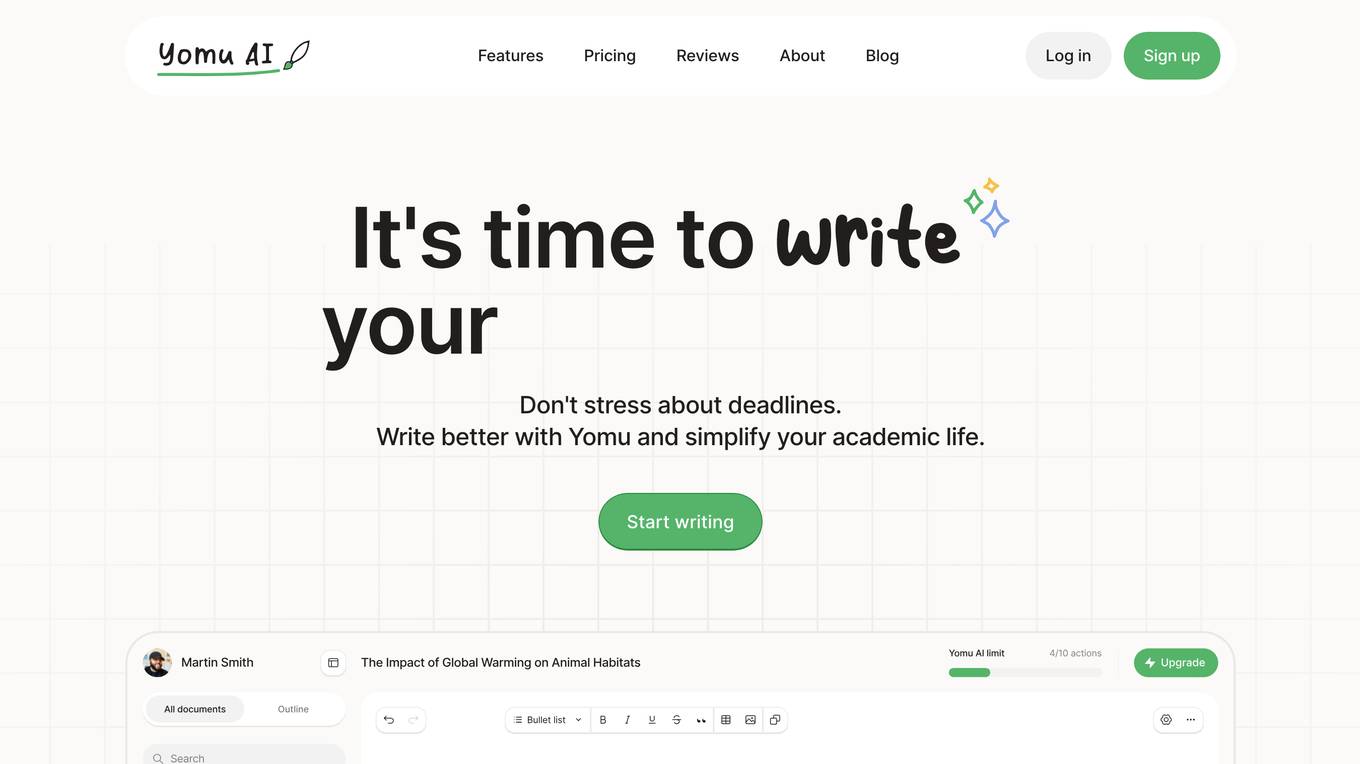
Yomu AI
Yomu is an AI-powered writing assistant designed to help users with academic writing tasks such as writing essays and papers. It offers features like an intelligent Document Assistant, AI autocomplete, paper editing tools, citation tool, plagiarism checker, and more. Yomu aims to simplify the academic writing process by providing AI-powered assistance to enhance writing quality and originality.
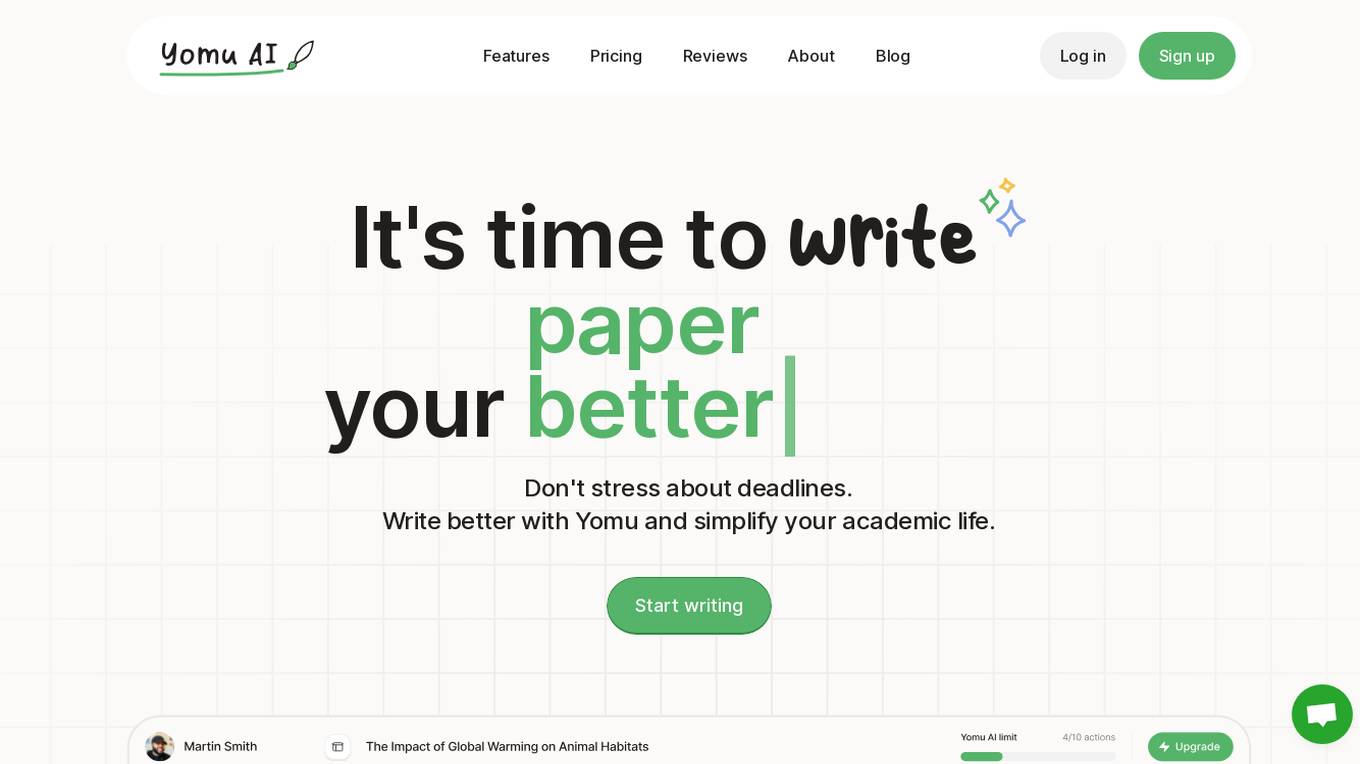
Yomu AI
Yomu AI is an AI-powered writing assistant designed to help users write better essays, papers, and academic writing. It offers features such as an intelligent Document Assistant, AI autocomplete, paper editing tools, citation tool, plagiarism checker, and more. Yomu aims to simplify academic writing, enhance productivity, and ensure originality and authenticity in the users' work.
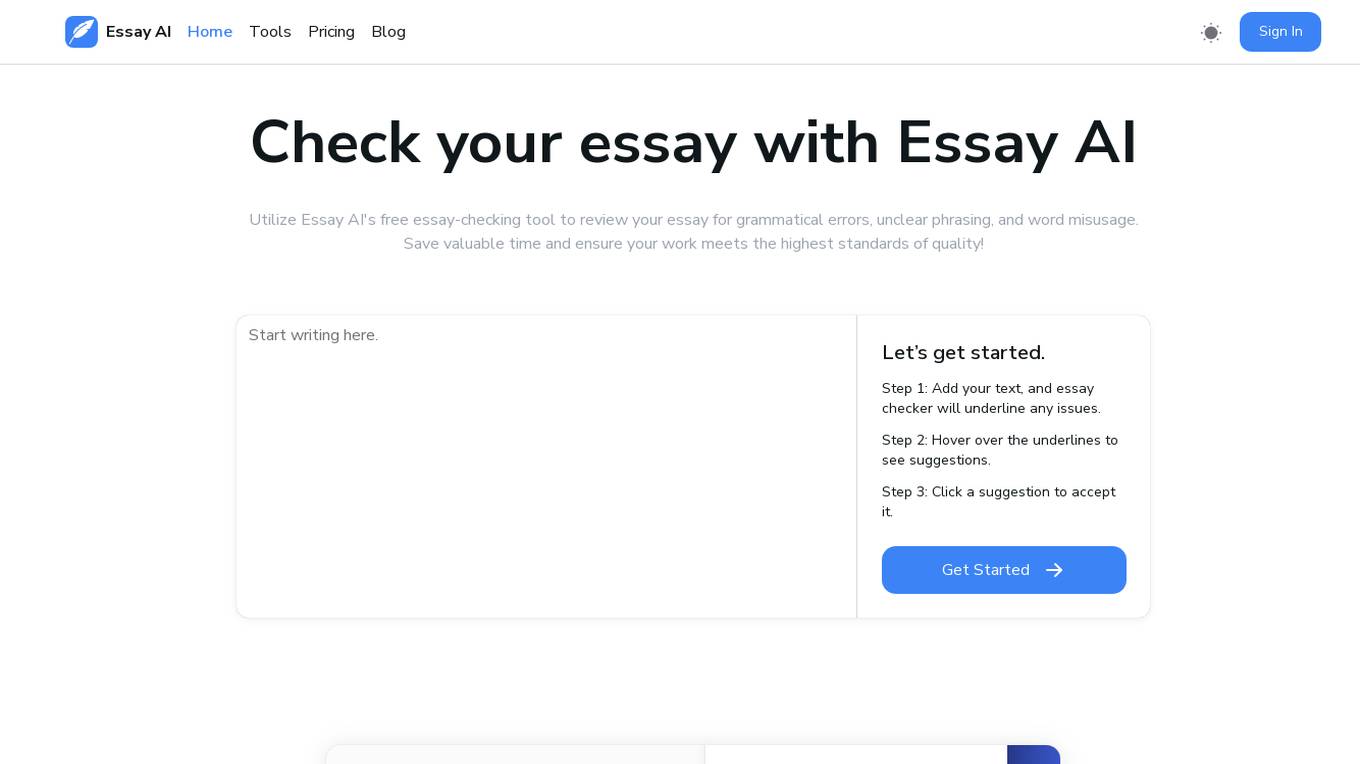
Essay AI
Essay AI is a free essay-checking tool designed to help users review their essays for grammatical errors, unclear phrasing, and word misusage. It offers features such as AI autocomplete, conversation engagement, source citation, paraphrasing, rewriting, and outline building. The tool aims to save users valuable time and ensure their work meets high-quality standards. Trusted by top universities, Essay AI streamlines the essay writing process and provides instant feedback to improve writing skills.
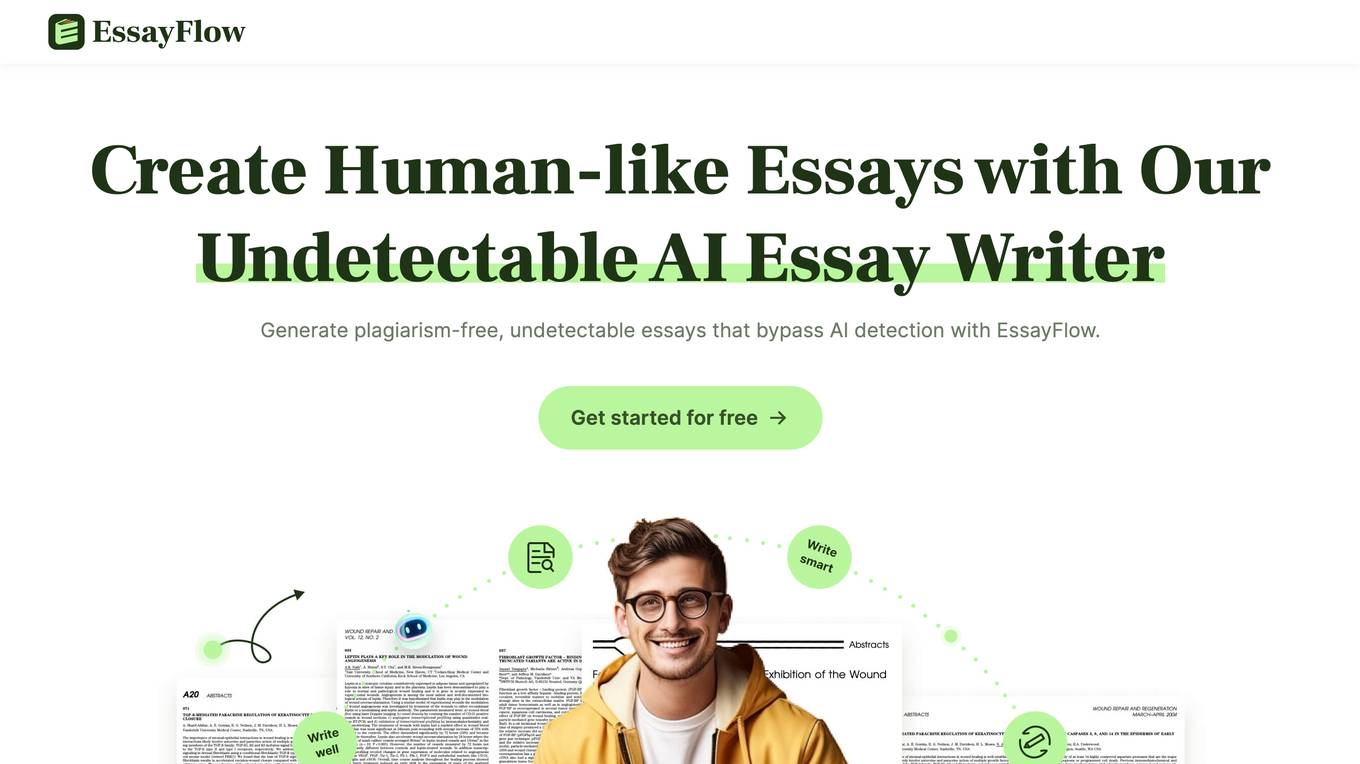
EssayFlow
EssayFlow is a free AI essay writer that helps students and academics write high-quality essays. It offers a range of features to make essay writing easier, including a plagiarism checker, grammar checker, and auto-completion tool. EssayFlow also provides access to a large database of academic resources, making it easy to find relevant and credible sources for your essays.
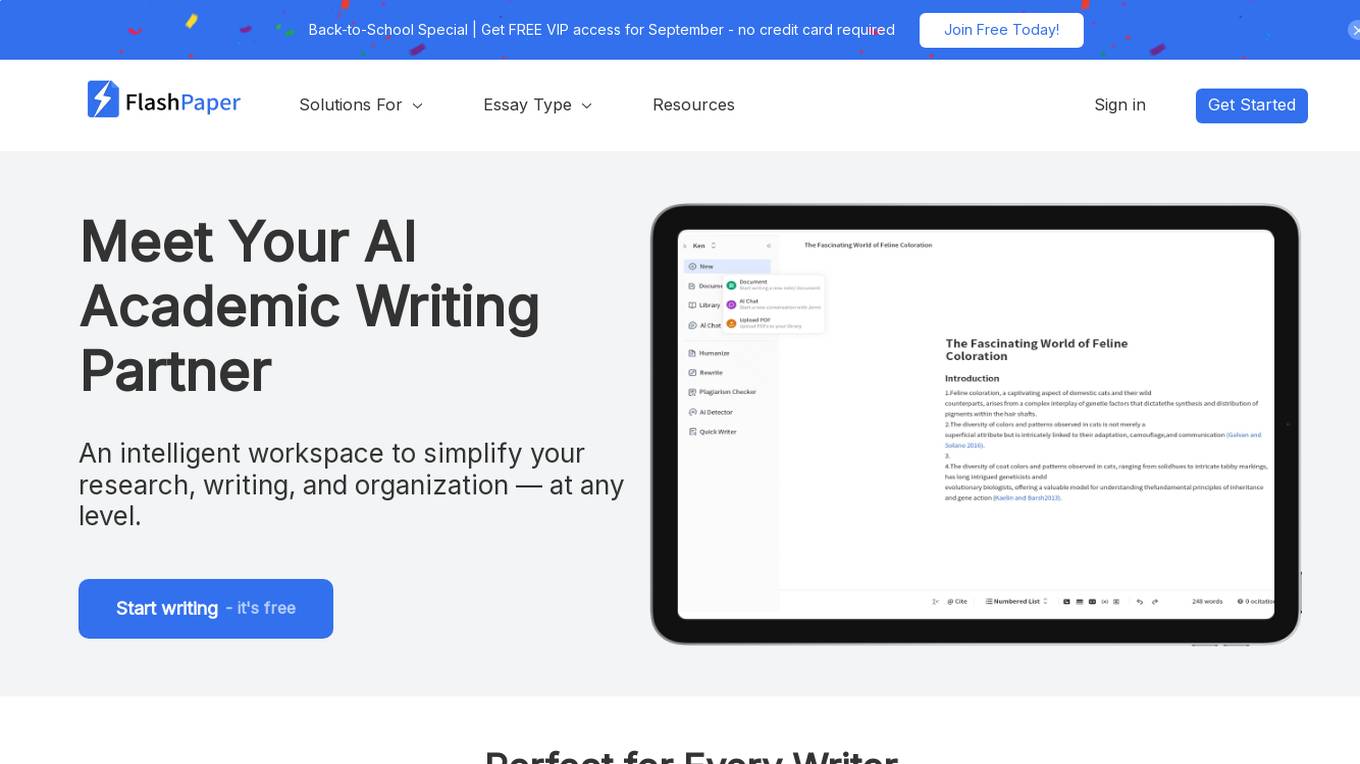
FlashPaper.ai
FlashPaper.ai is an AI-powered academic paper writing tool that helps students and researchers generate high-quality, plagiarism-free content effortlessly. The tool utilizes advanced natural language processing algorithms to create well-structured and coherent papers on various topics. With FlashPaper.ai, users can save time on research and writing, improve their writing skills, and enhance their academic performance. The platform offers a user-friendly interface and intuitive features to streamline the writing process, making it an indispensable tool for anyone looking to produce top-notch academic papers.
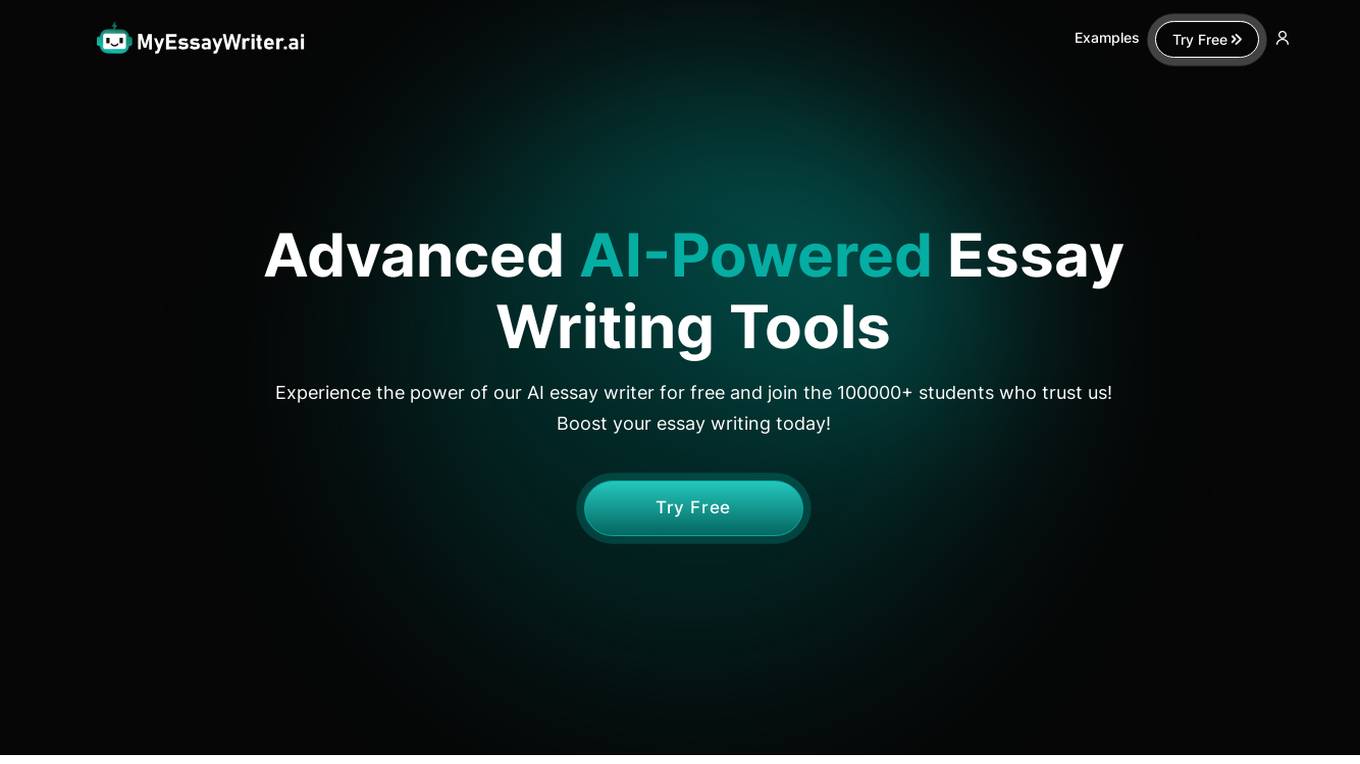
MyEssayWriter.ai
MyEssayWriter.ai is an AI-powered essay writing tool that offers advanced features to help students generate high-quality essays efficiently. The tool is designed to save time, improve writing skills, and provide unique and plagiarism-free content. With a user-friendly interface and customizable essays, MyEssayWriter.ai aims to revolutionize the writing process for students worldwide.
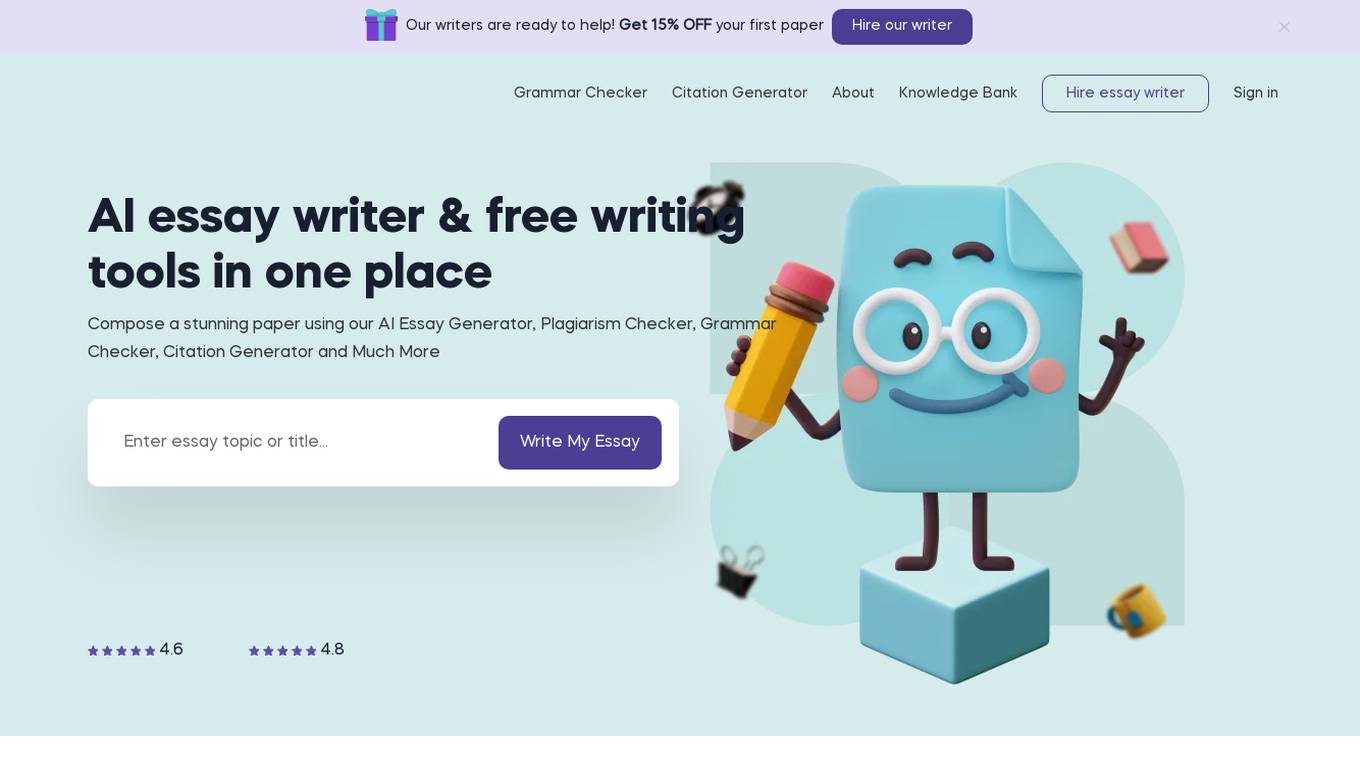
PaperTyper
PaperTyper is an online writing platform that offers a range of free tools for students to use in their academic writing. These tools include an AI essay writer, plagiarism checker, grammar checker, and citation generator. PaperTyper also offers a paid service where students can hire professional essay writers to write their papers for them.
1 - Open Source AI Tools
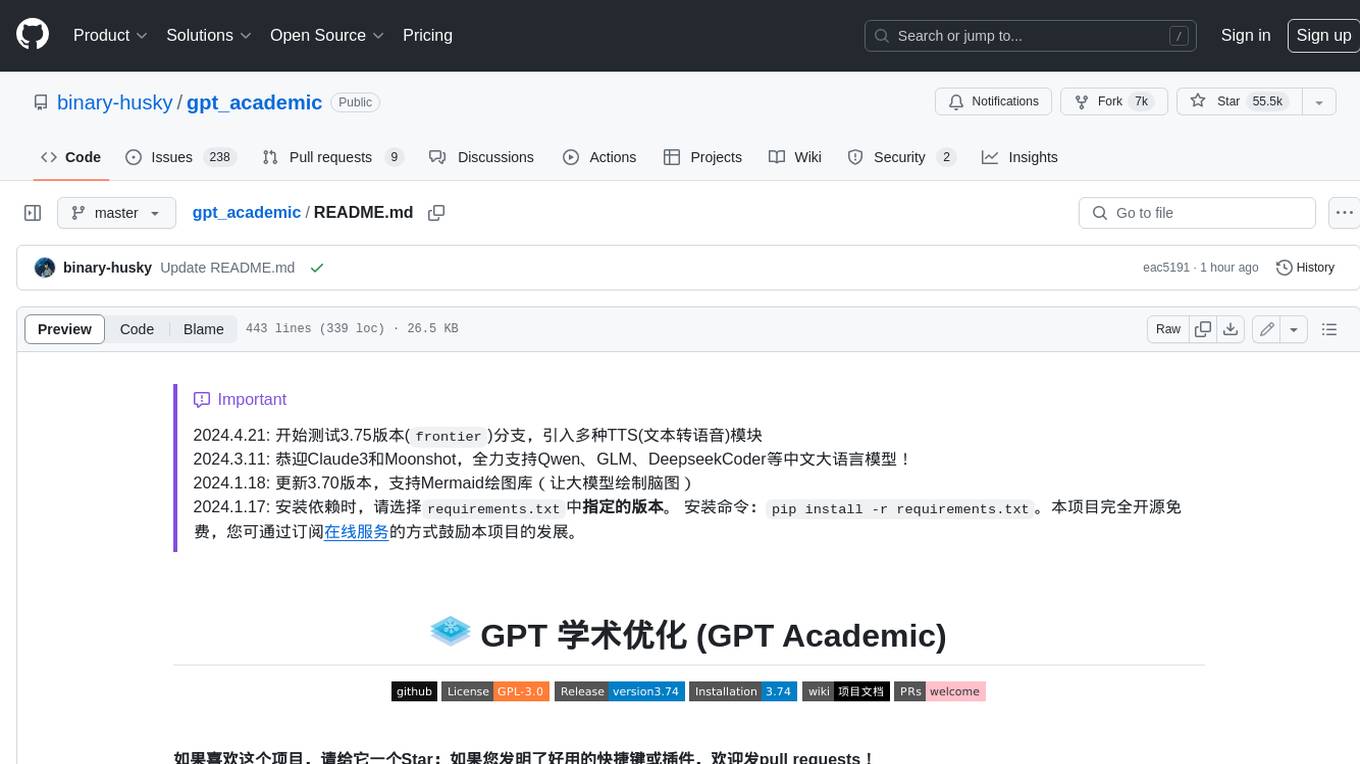
gpt_academic
GPT Academic is a powerful tool that leverages the capabilities of large language models (LLMs) to enhance academic research and writing. It provides a user-friendly interface that allows researchers, students, and professionals to interact with LLMs and utilize their abilities for various academic tasks. With GPT Academic, users can access a wide range of features and functionalities, including: * **Summarization and Paraphrasing:** GPT Academic can summarize complex texts, articles, and research papers into concise and informative summaries. It can also paraphrase text to improve clarity and readability. * **Question Answering:** Users can ask GPT Academic questions related to their research or studies, and the tool will provide comprehensive and well-informed answers based on its knowledge and understanding of the relevant literature. * **Code Generation and Explanation:** GPT Academic can generate code snippets and provide explanations for complex coding concepts. It can also help debug code and suggest improvements. * **Translation:** GPT Academic supports translation of text between multiple languages, making it a valuable tool for researchers working with international collaborations or accessing resources in different languages. * **Citation and Reference Management:** GPT Academic can help users manage their citations and references by automatically generating citations in various formats and providing suggestions for relevant references based on the user's research topic. * **Collaboration and Note-Taking:** GPT Academic allows users to collaborate on projects and take notes within the tool. They can share their work with others and access a shared workspace for real-time collaboration. * **Customizable Interface:** GPT Academic offers a customizable interface that allows users to tailor the tool to their specific needs and preferences. They can choose from a variety of themes, adjust the layout, and add or remove features to create a personalized workspace. Overall, GPT Academic is a versatile and powerful tool that can significantly enhance the productivity and efficiency of academic research and writing. It empowers users to leverage the capabilities of LLMs and unlock new possibilities for academic exploration and knowledge creation.
20 - OpenAI Gpts

The Golf Rules Explainer (Cite USGA Rules)
I'm a bot that provides clear, simple answers about golf rules.
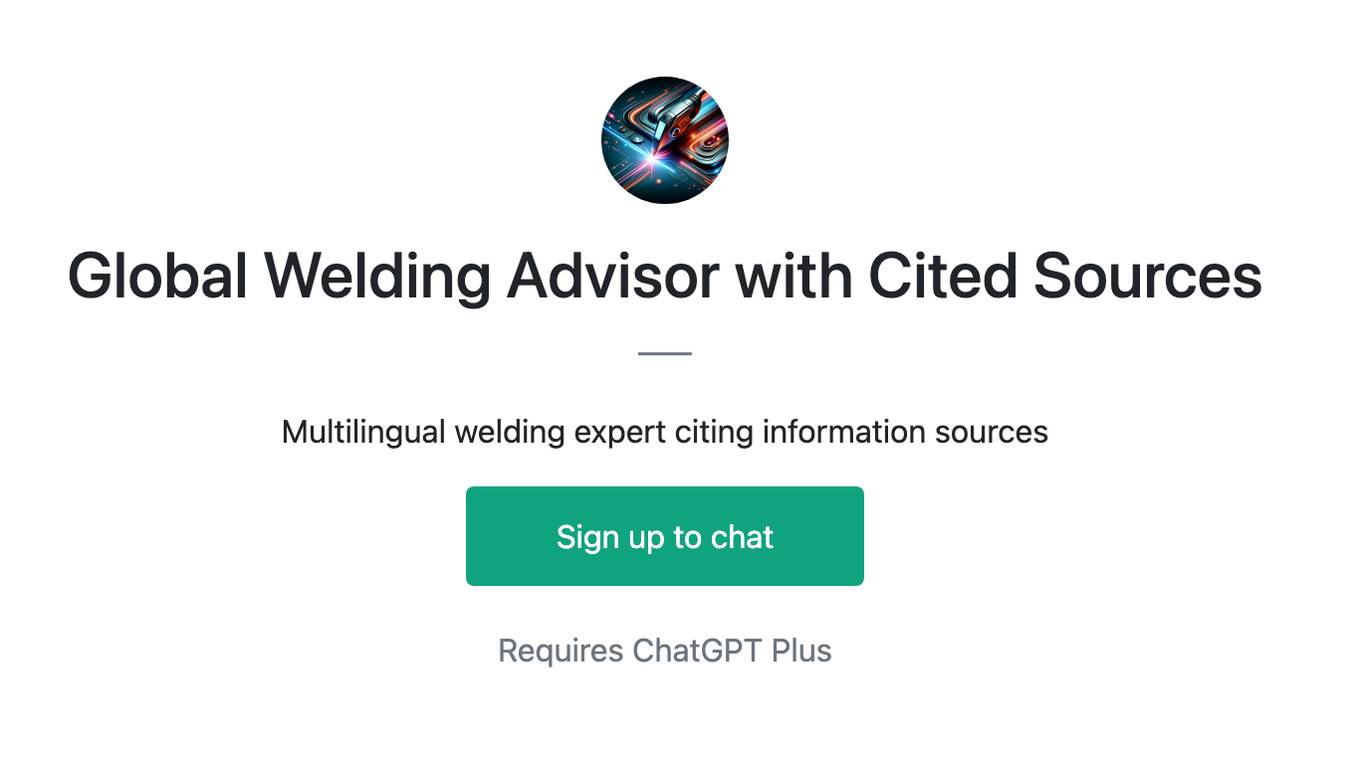
Global Welding Advisor with Cited Sources
Multilingual welding expert citing information sources
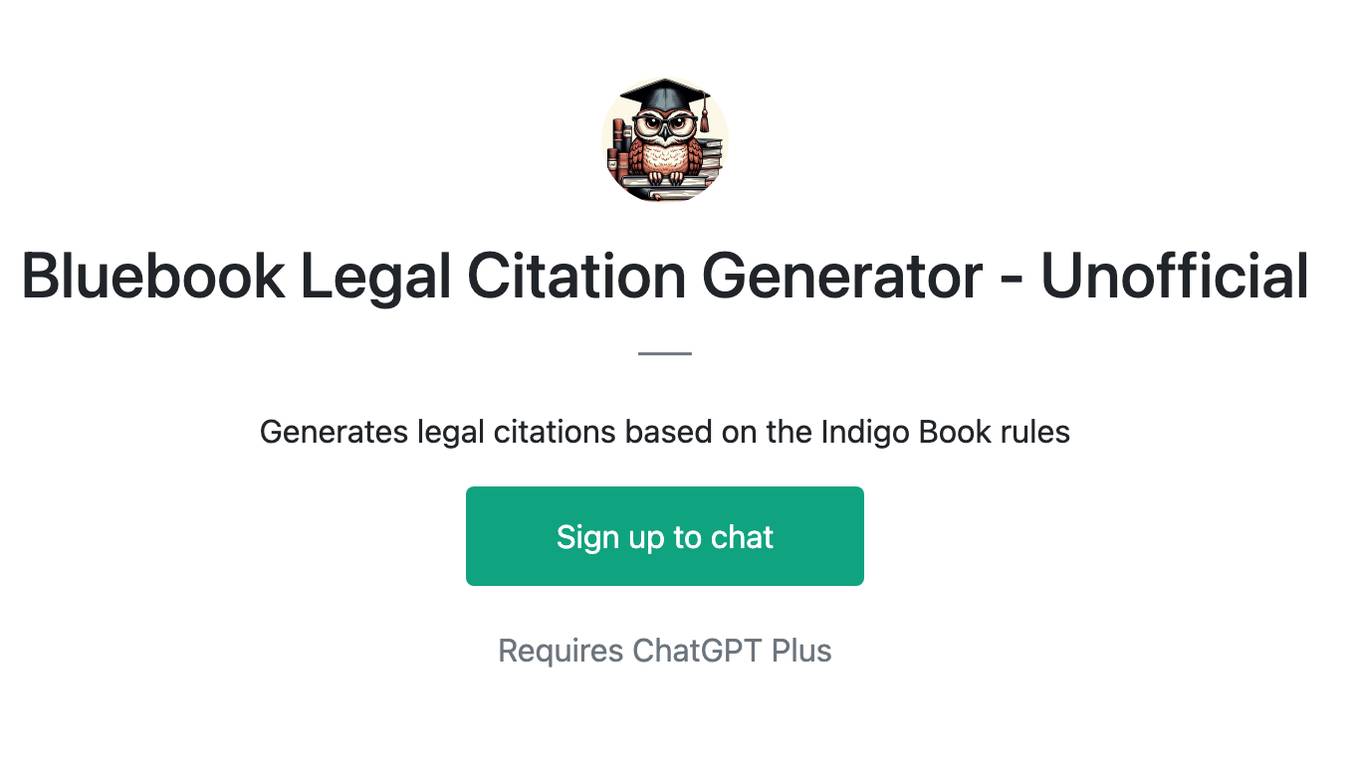
Bluebook Legal Citation Generator - Unofficial
Generates legal citations based on the Indigo Book rules
